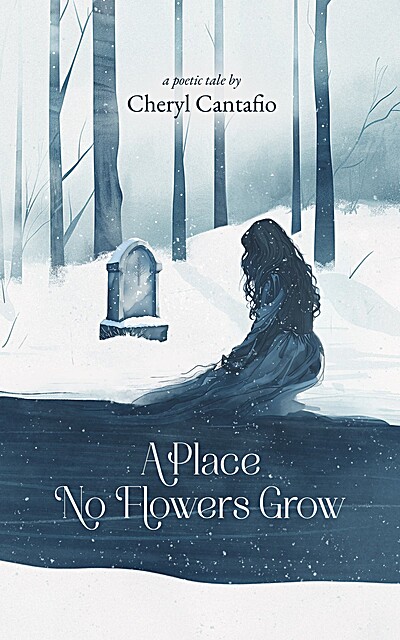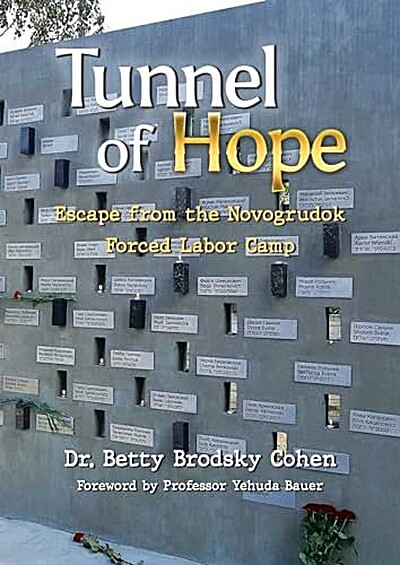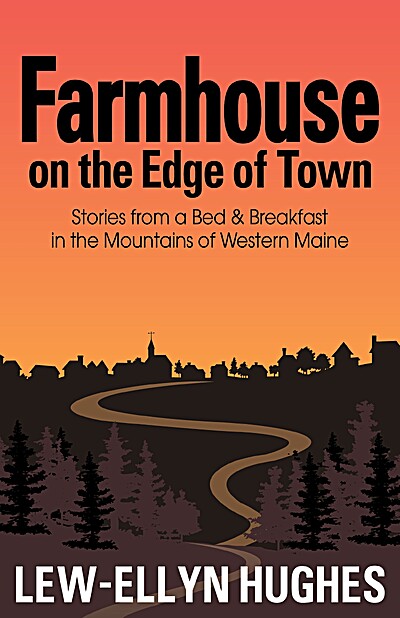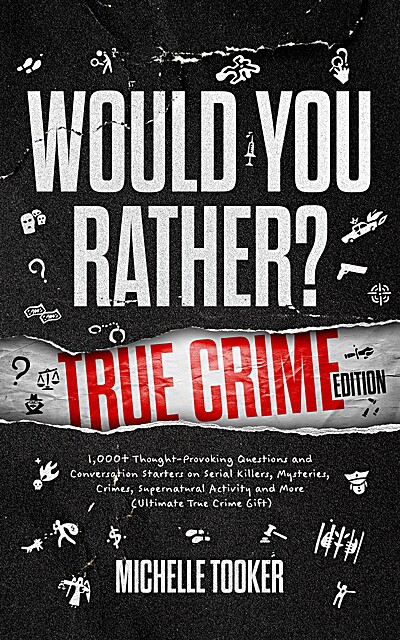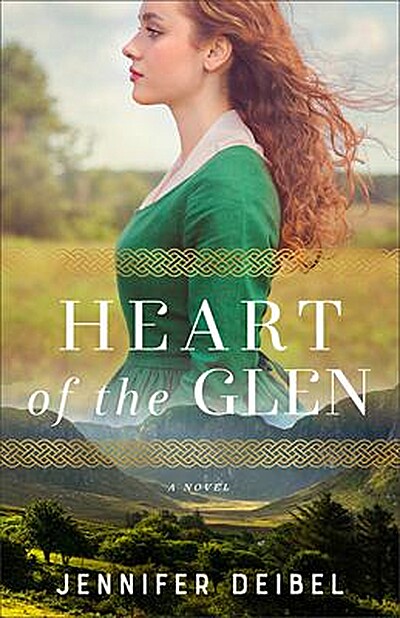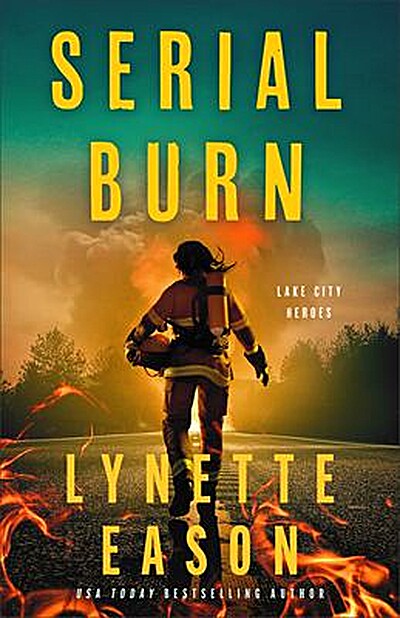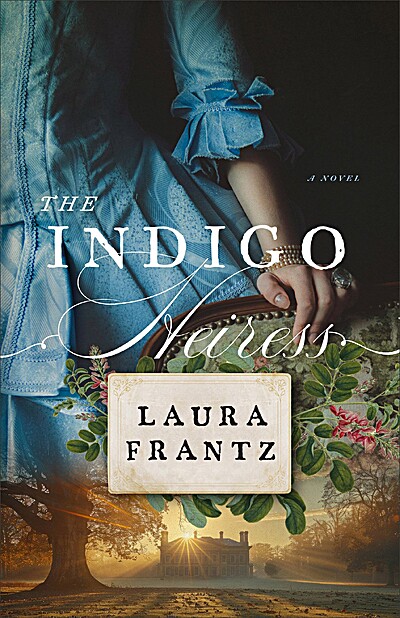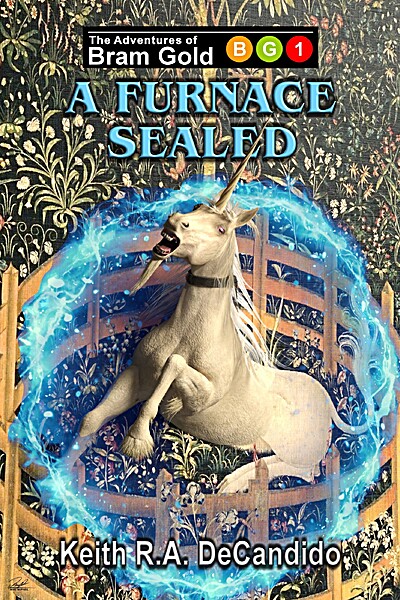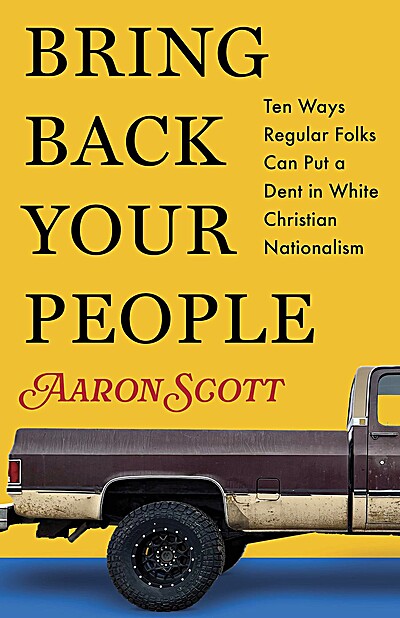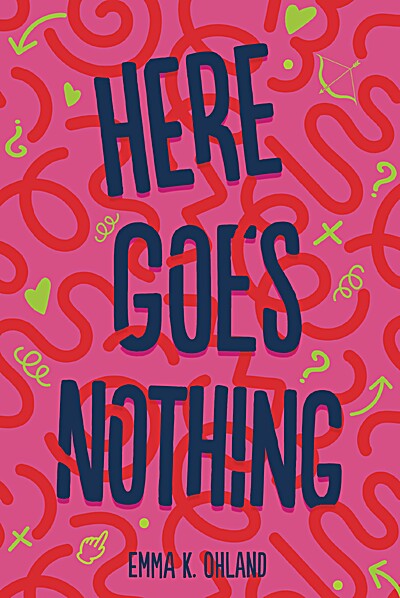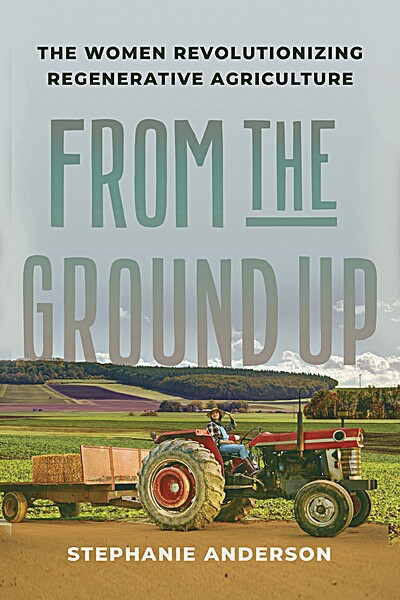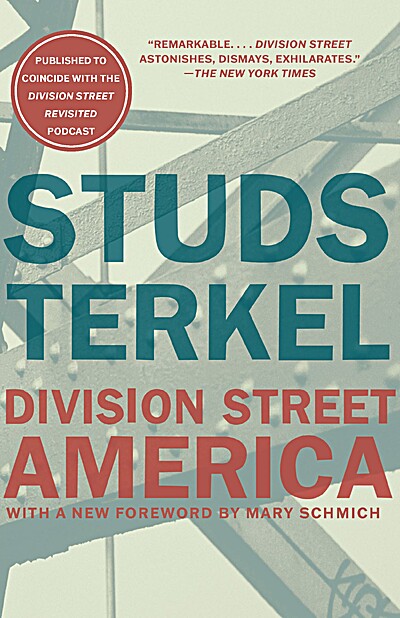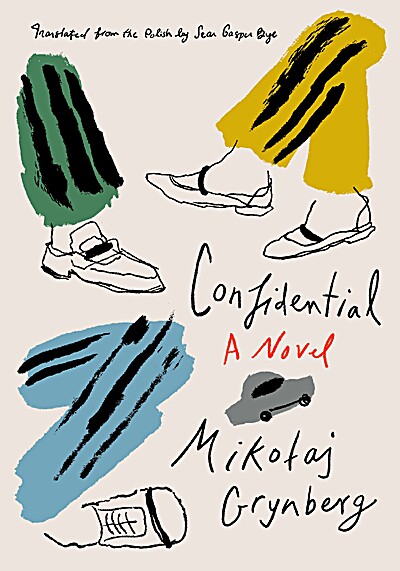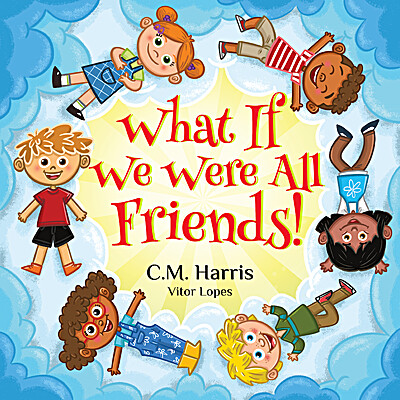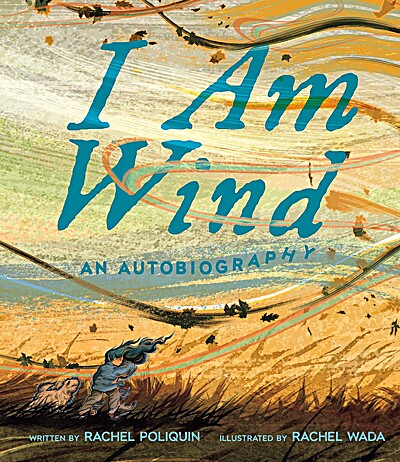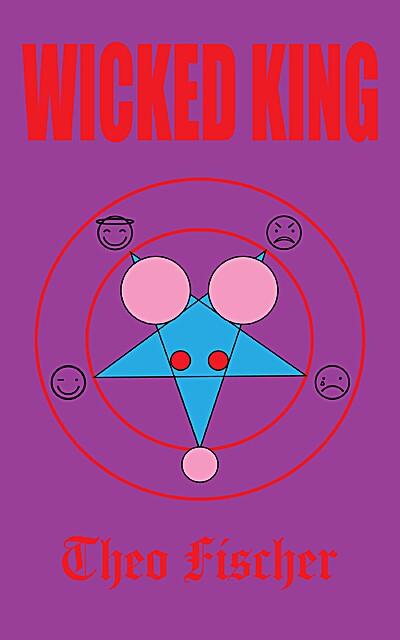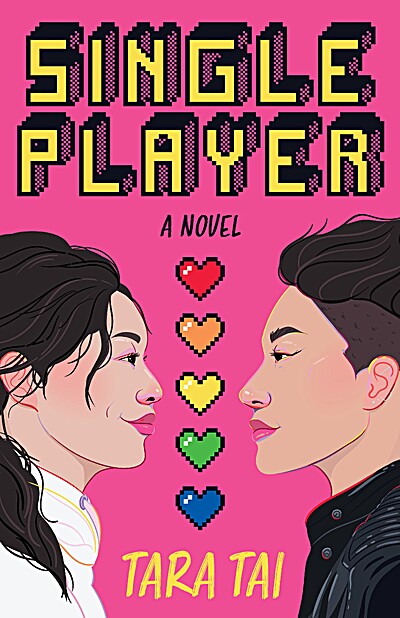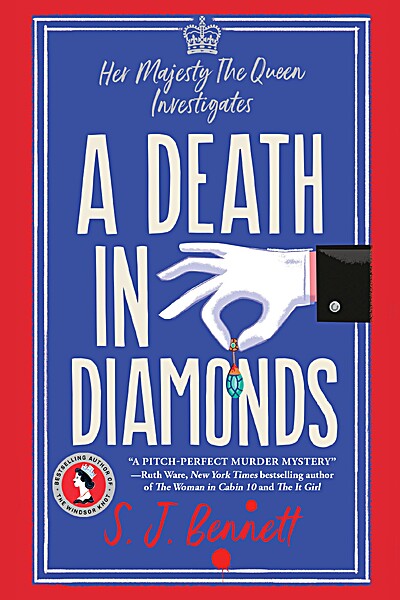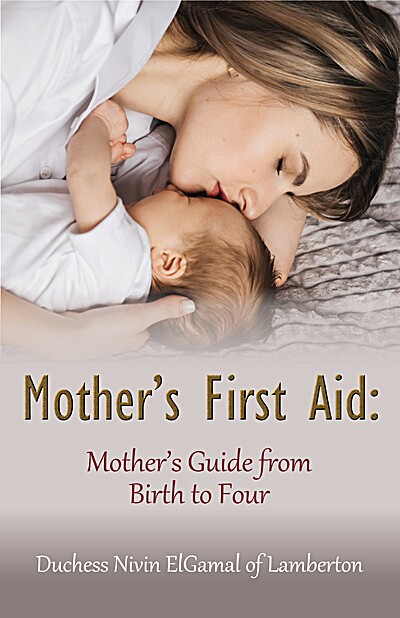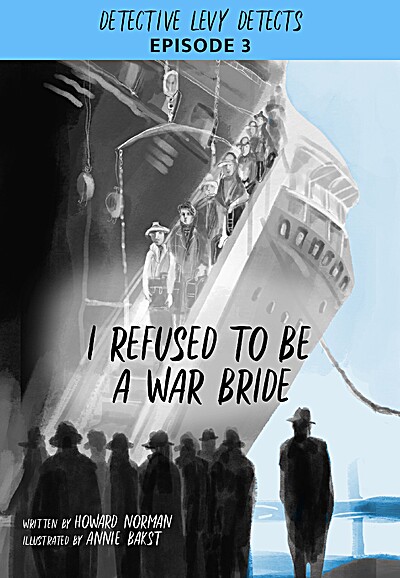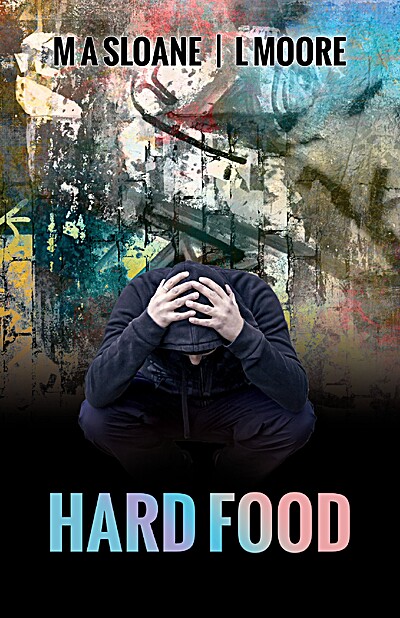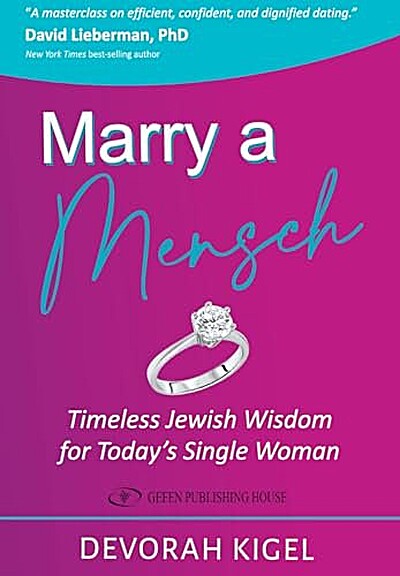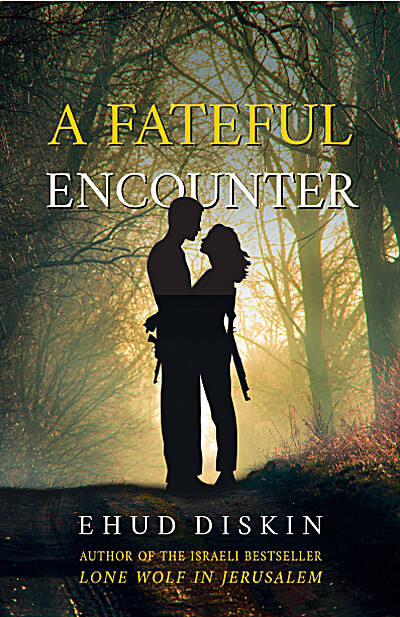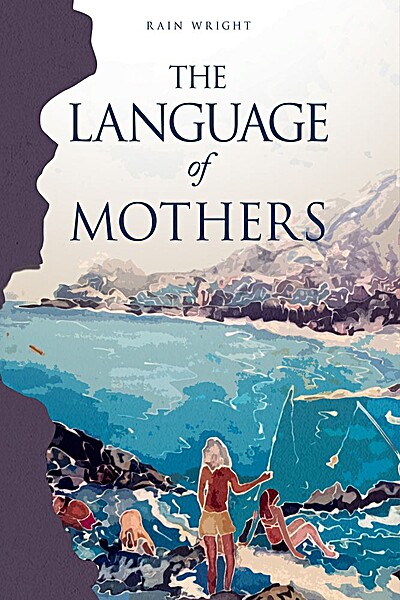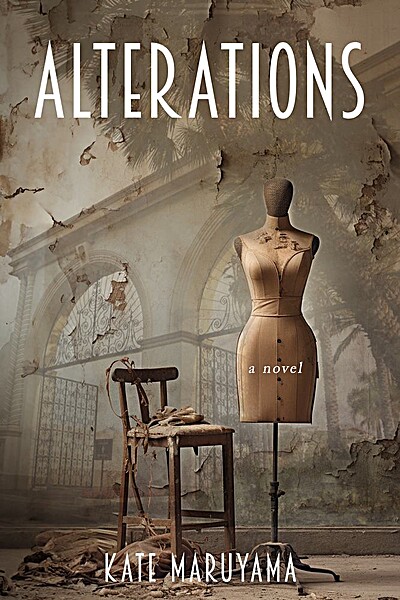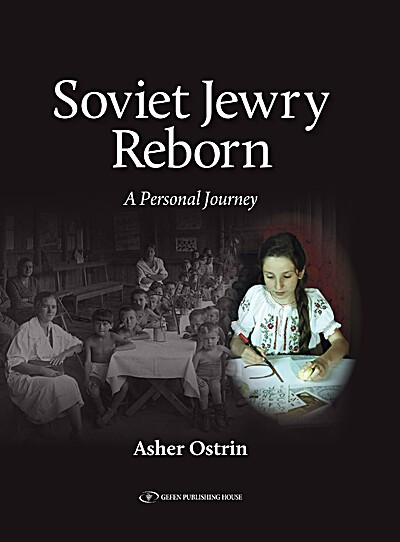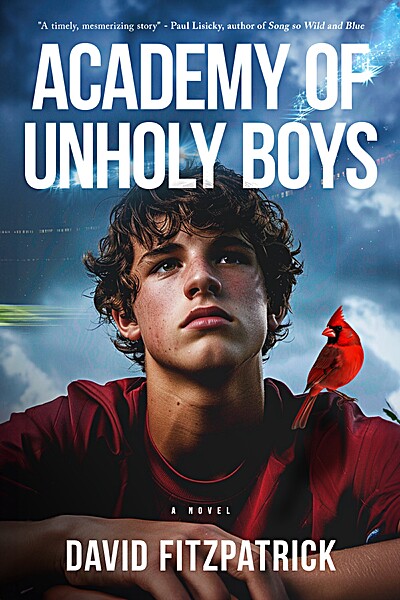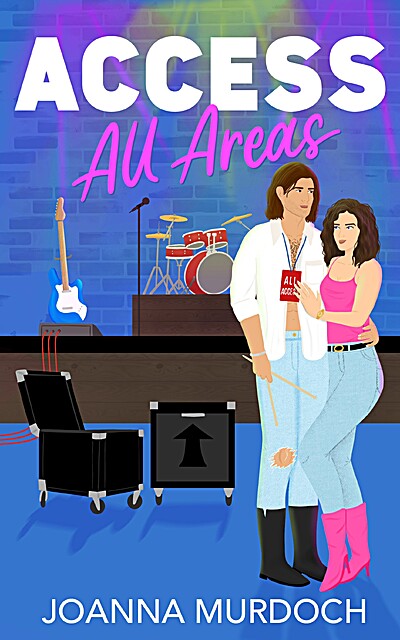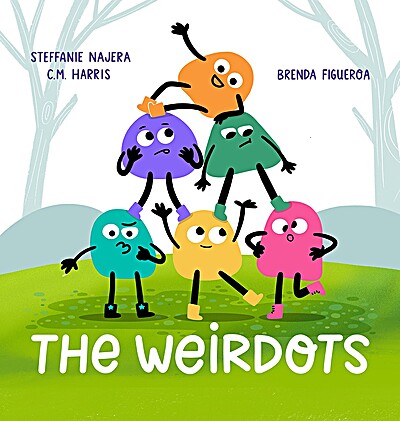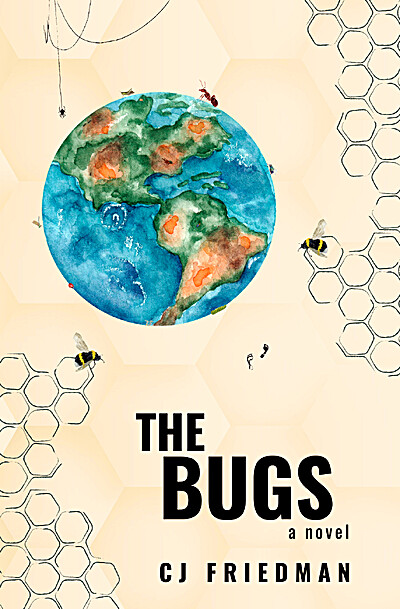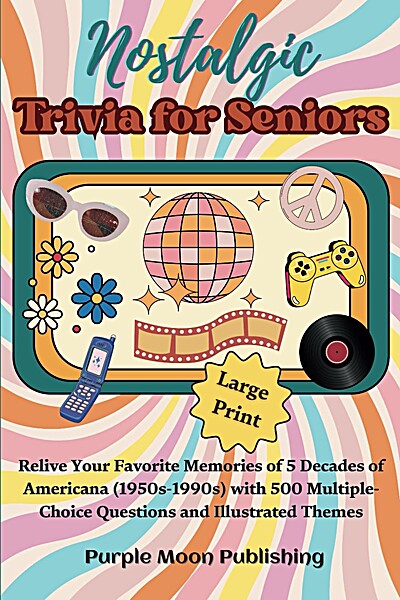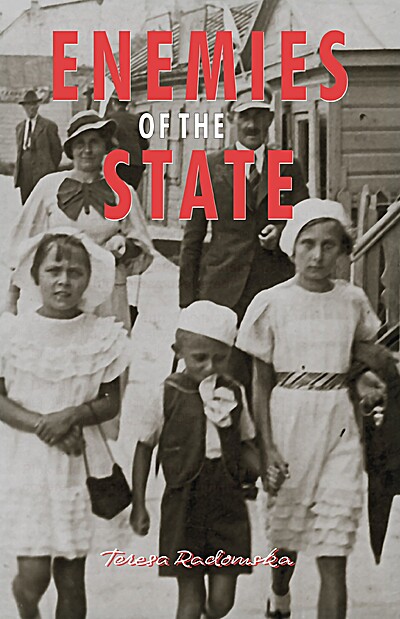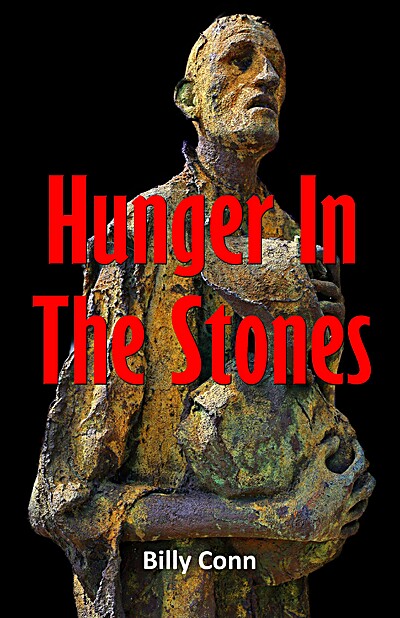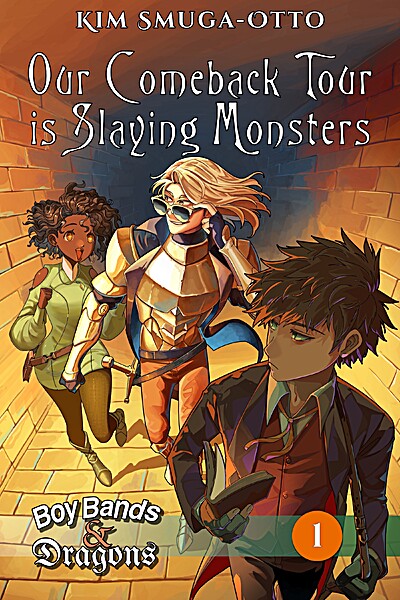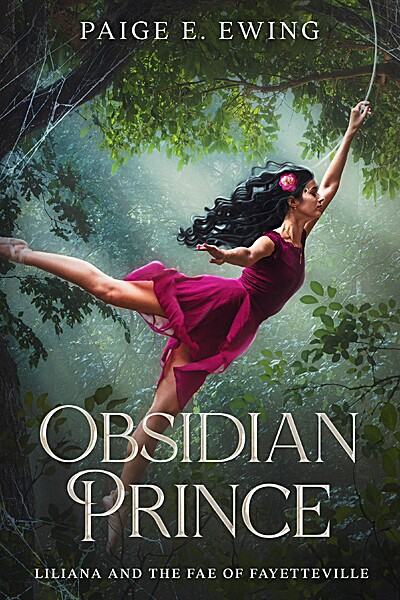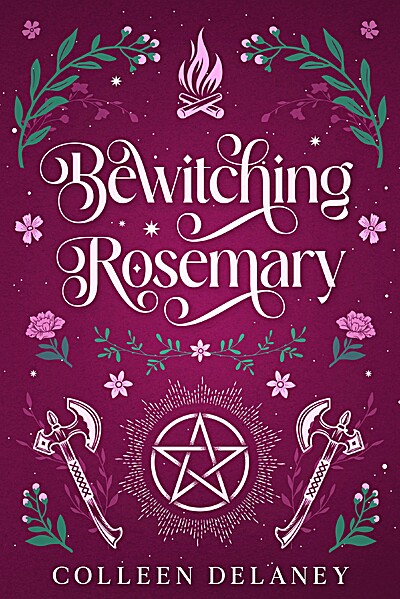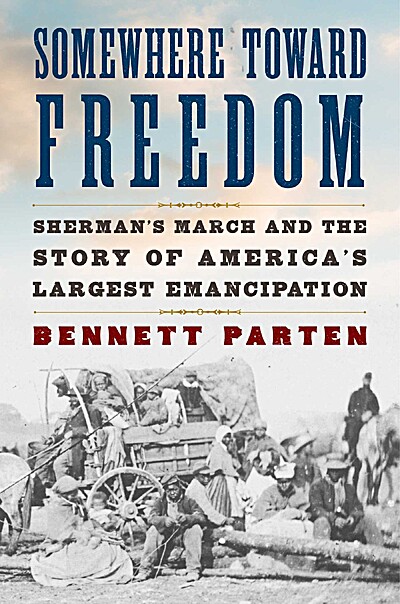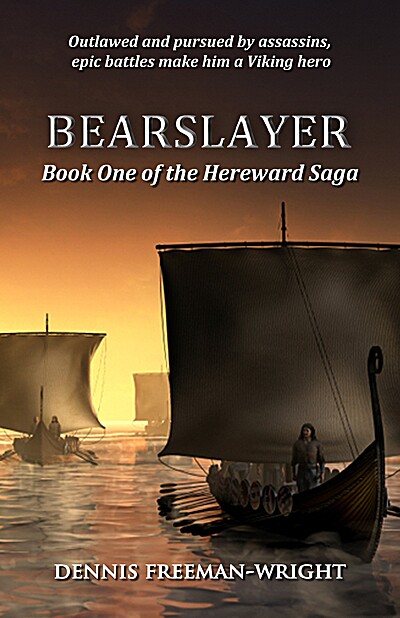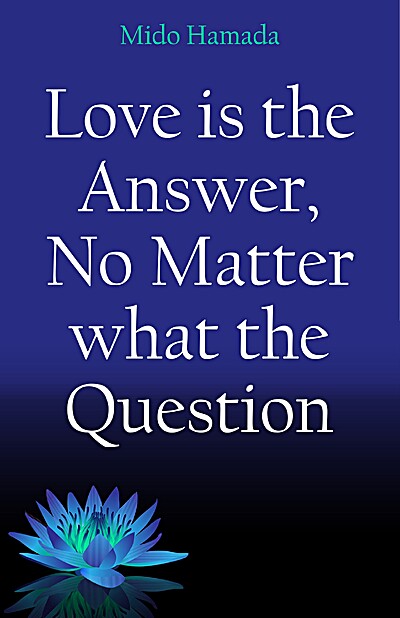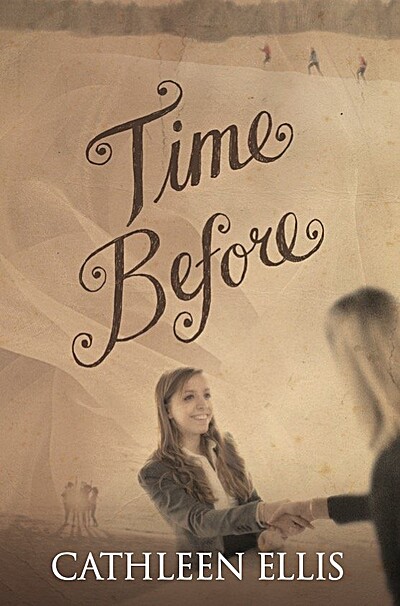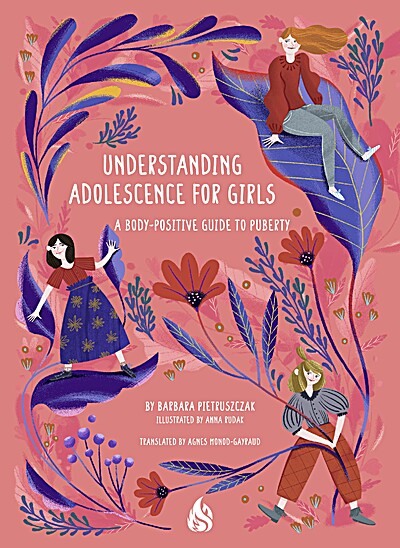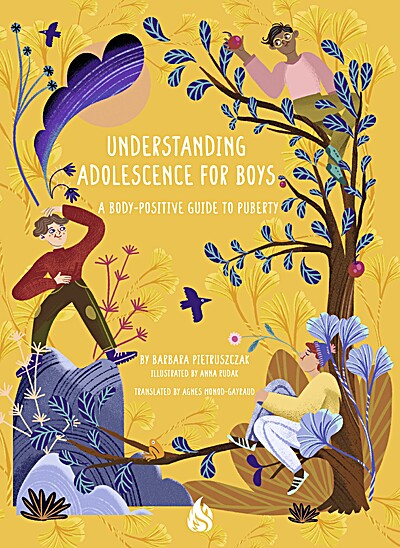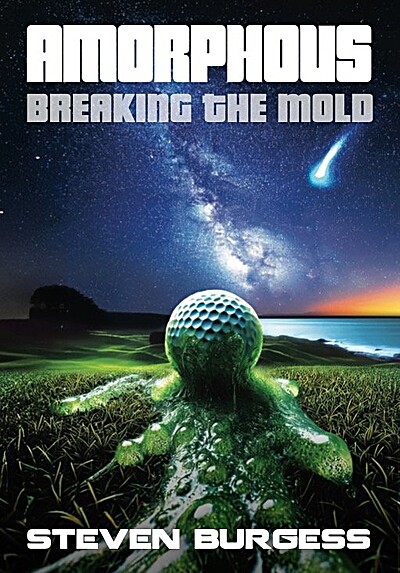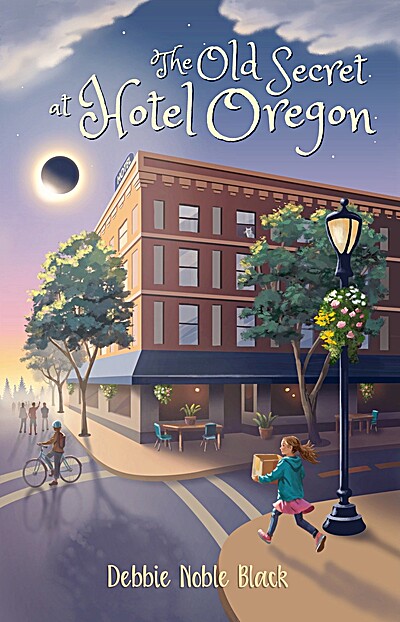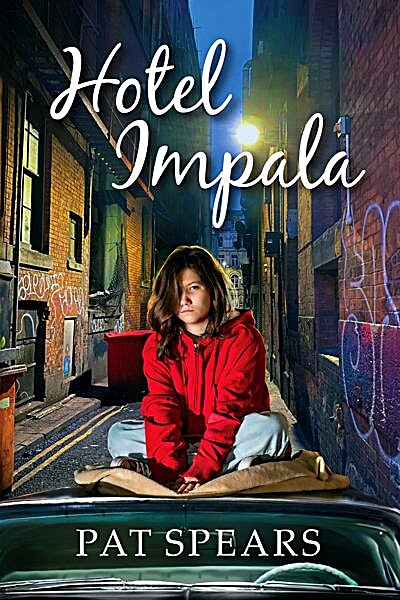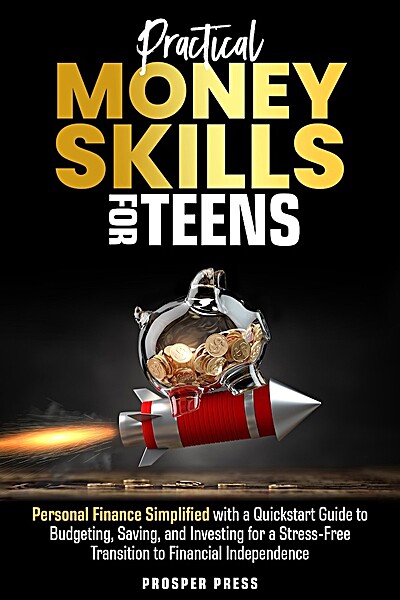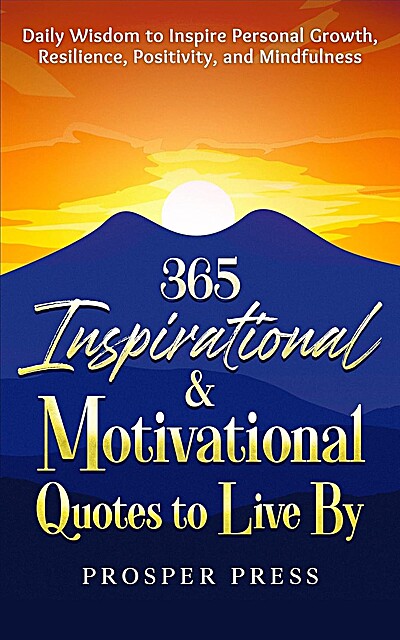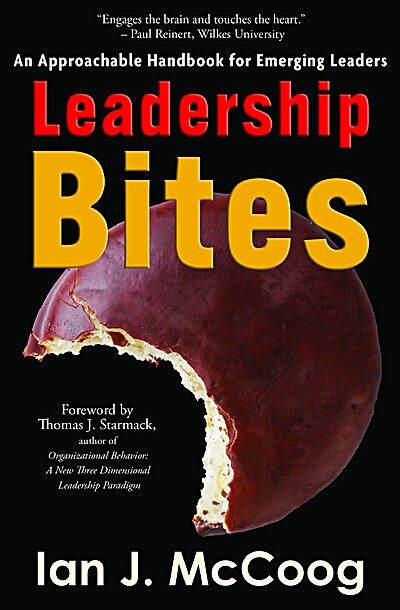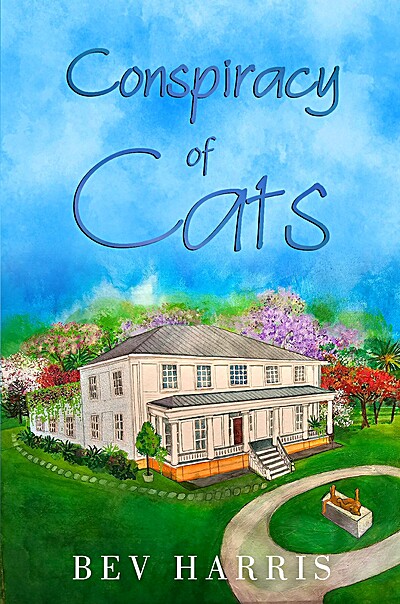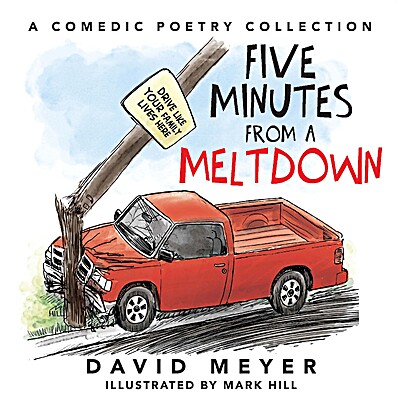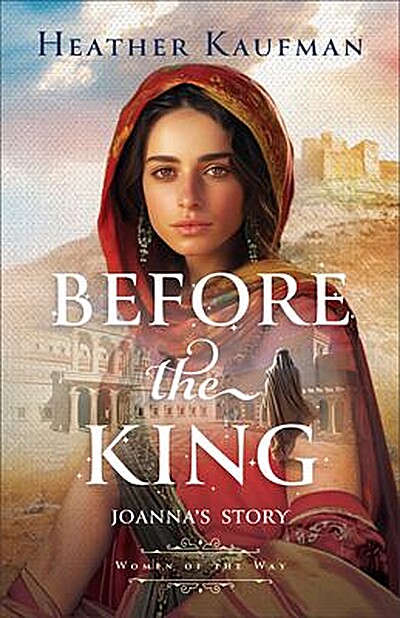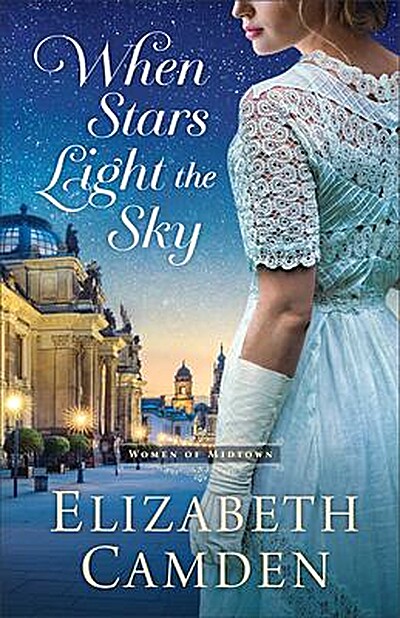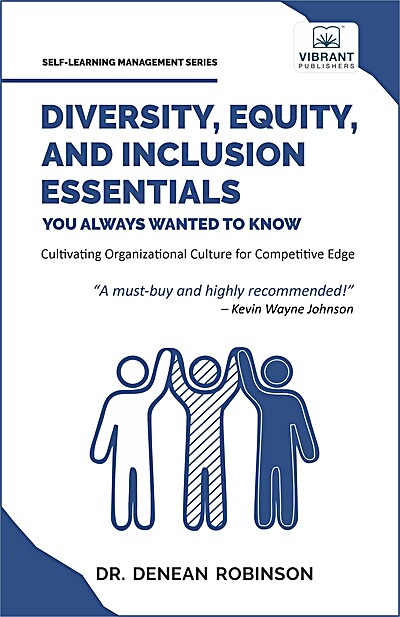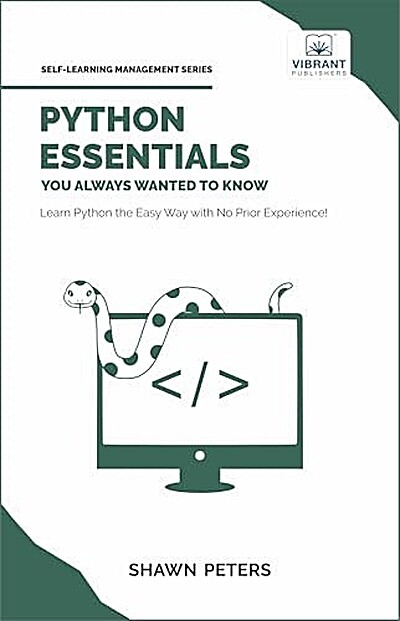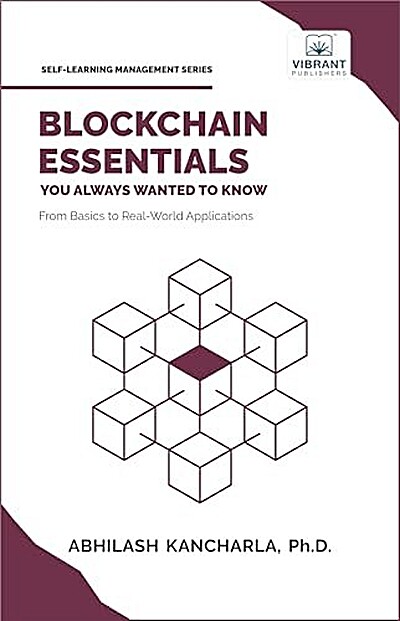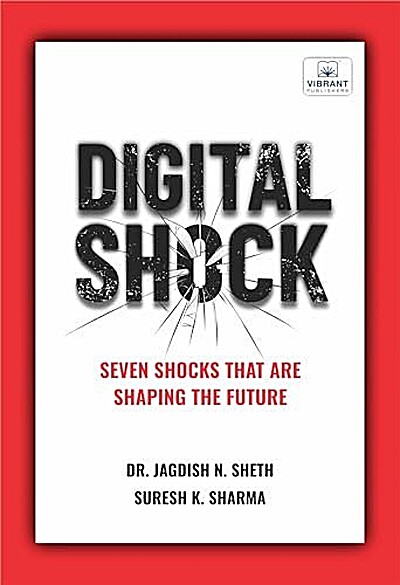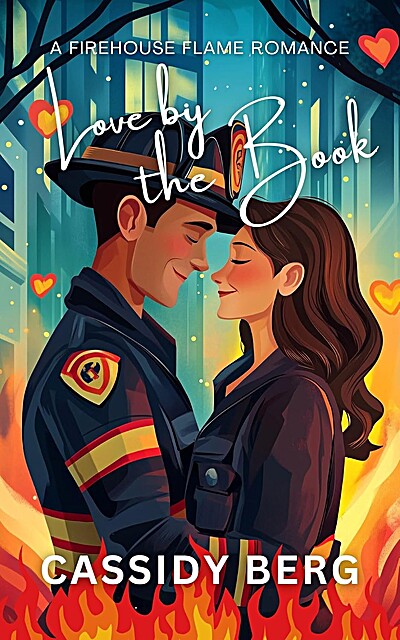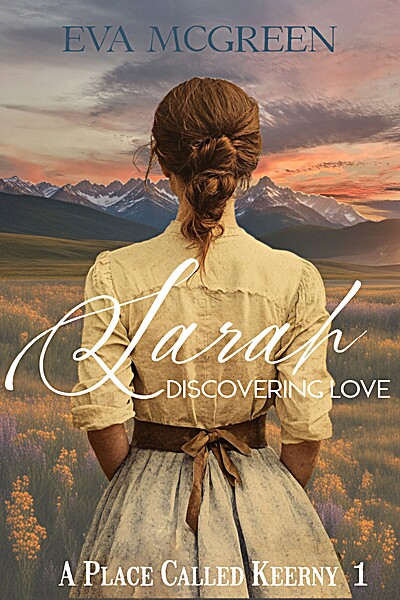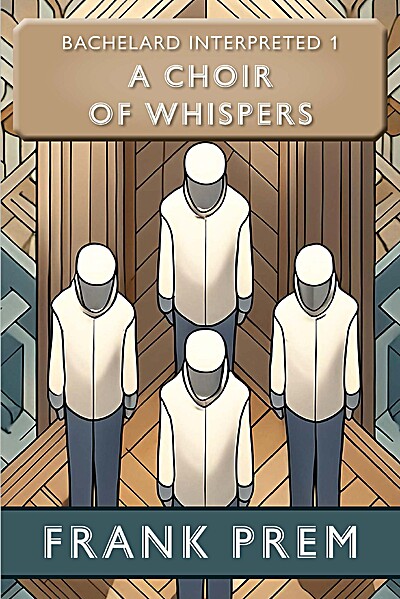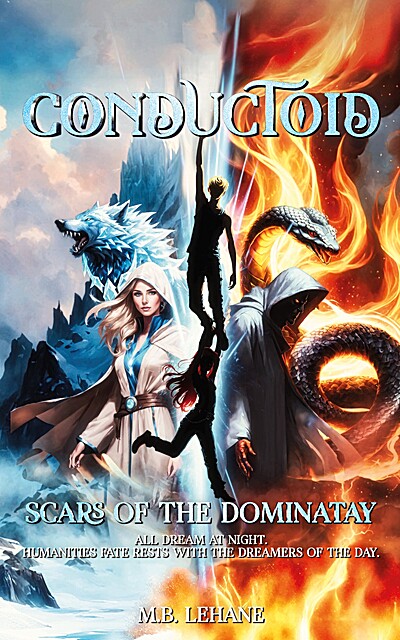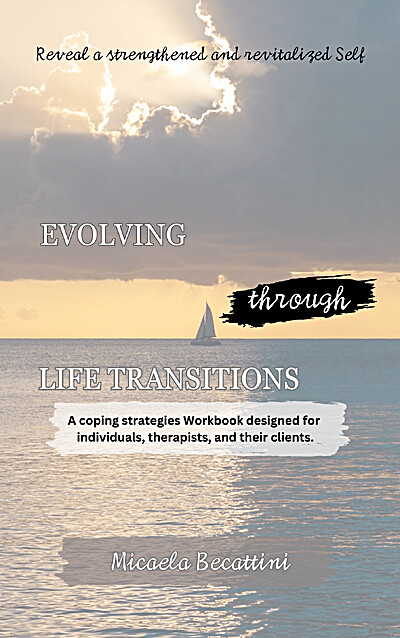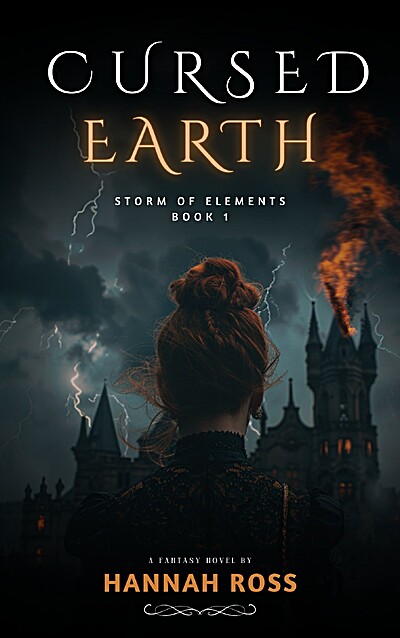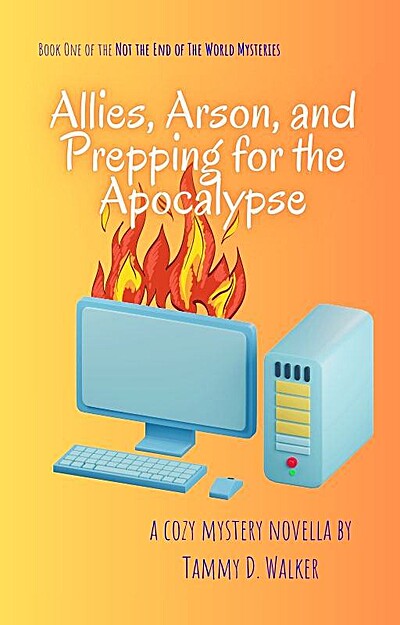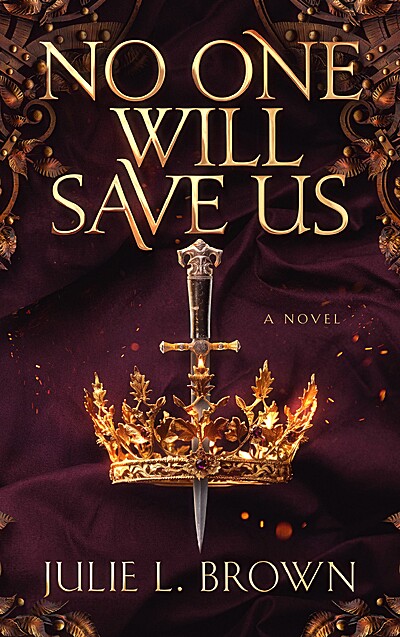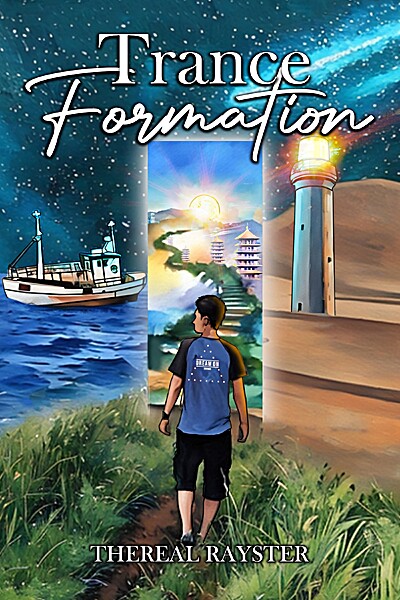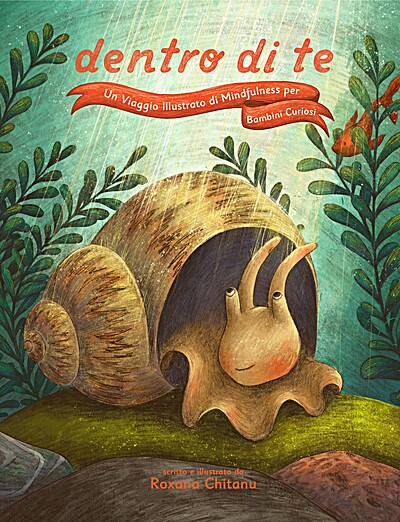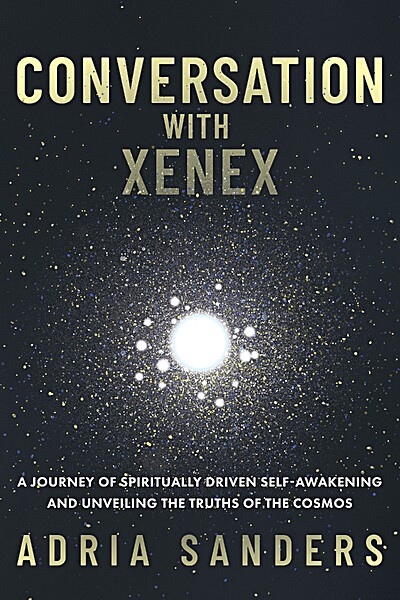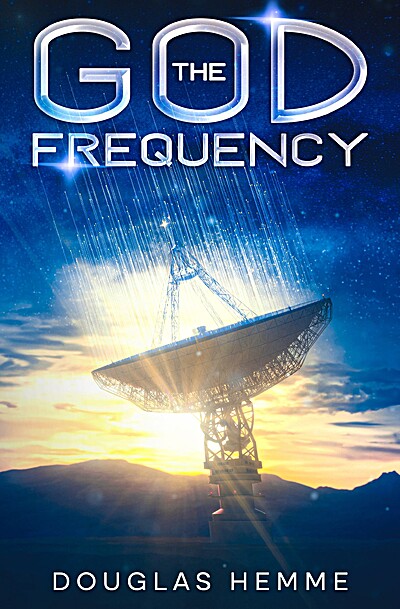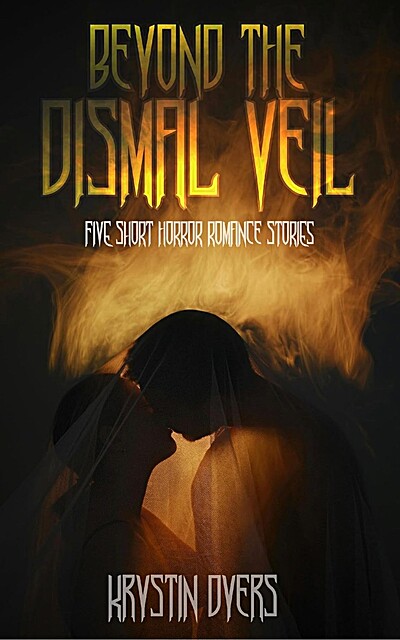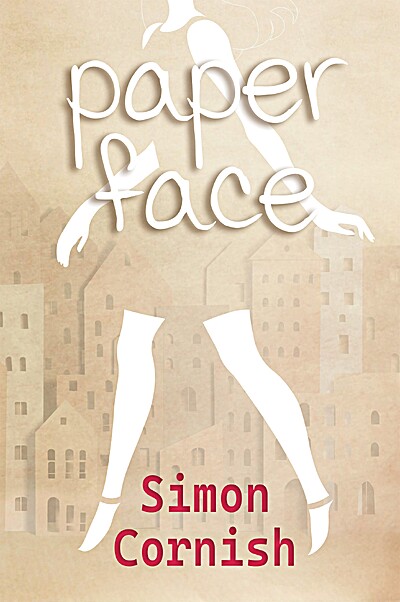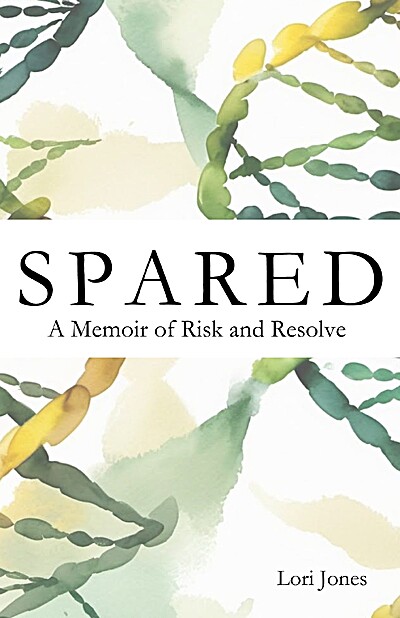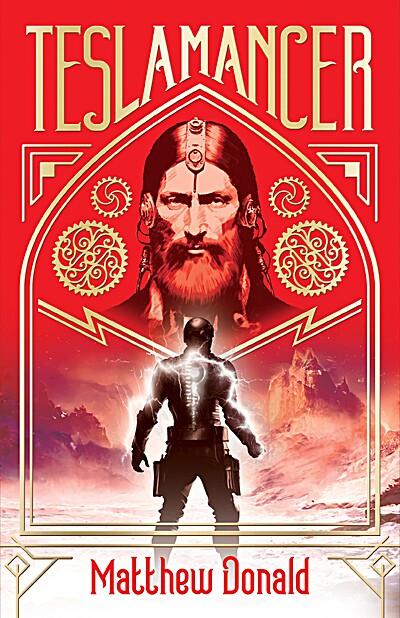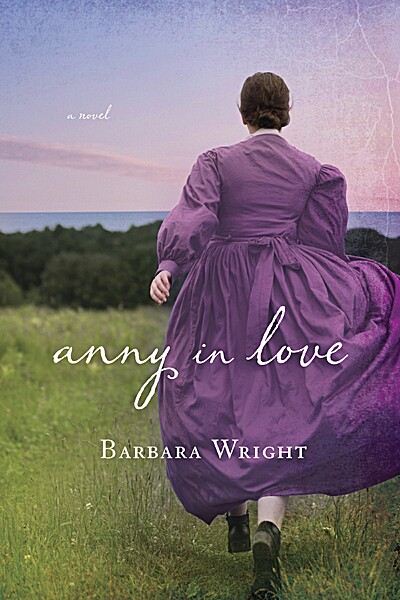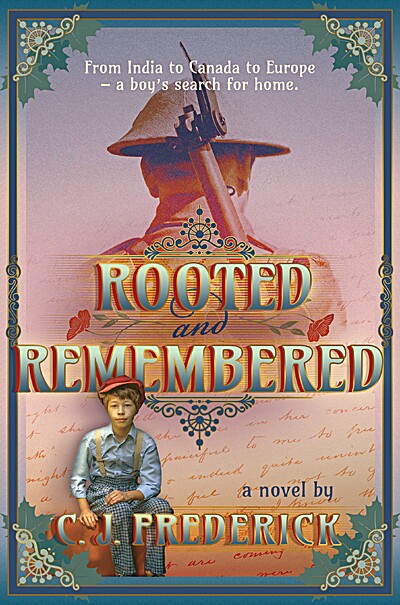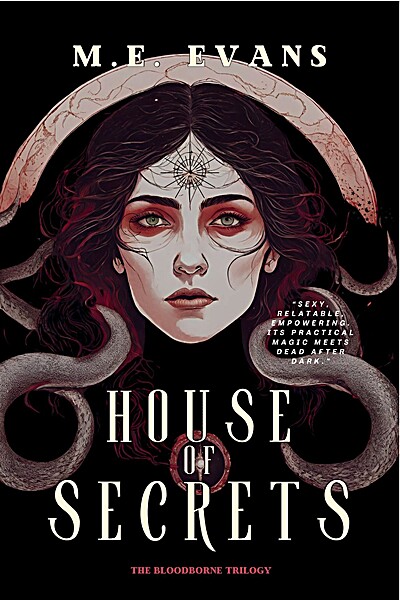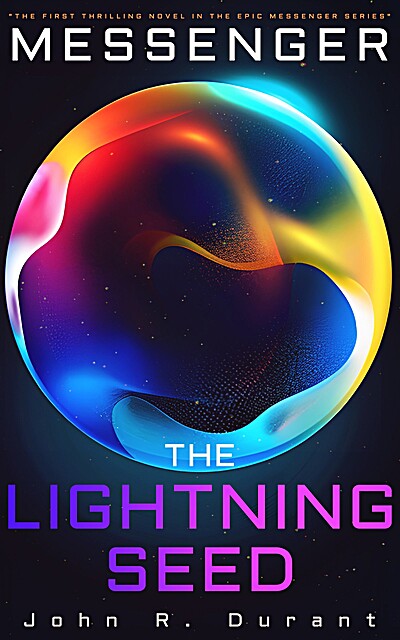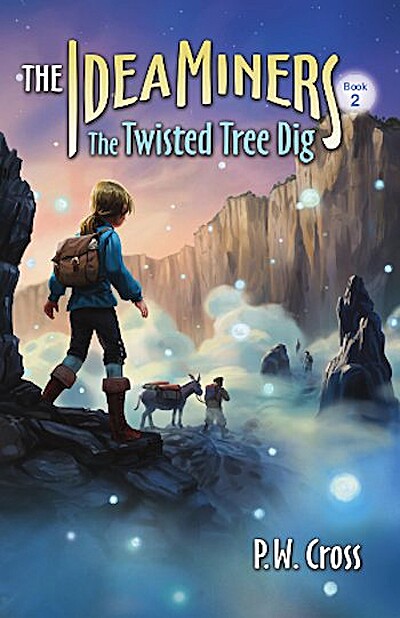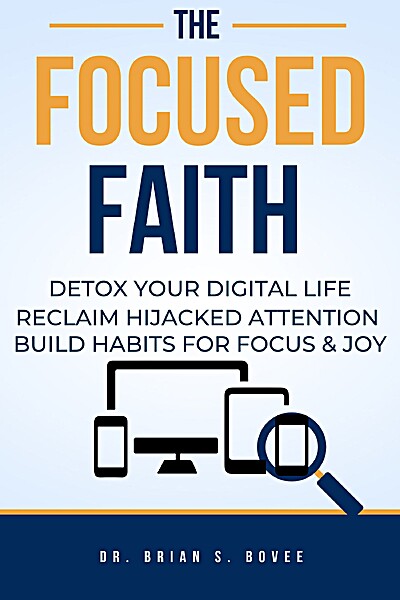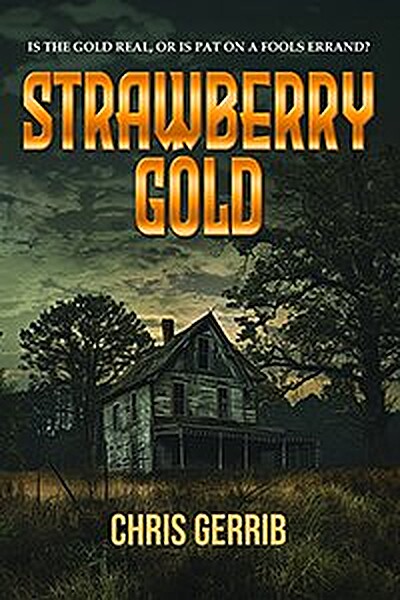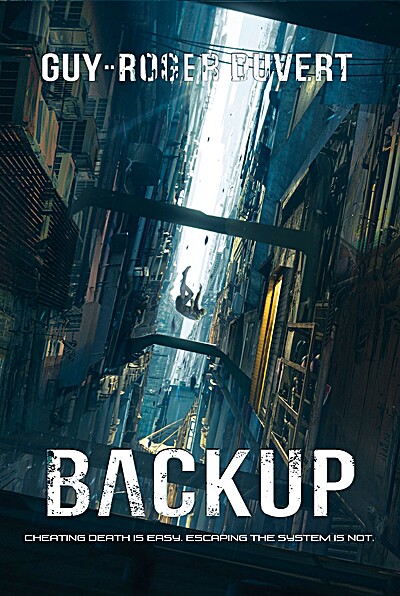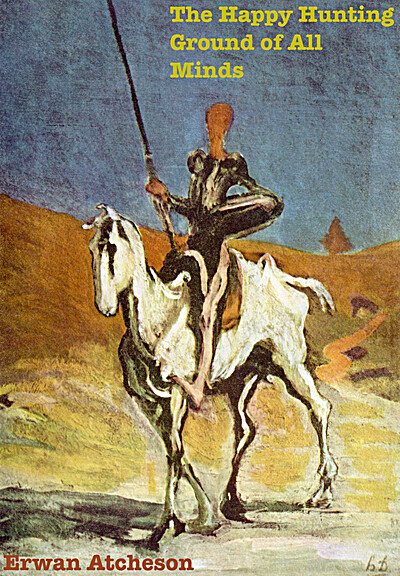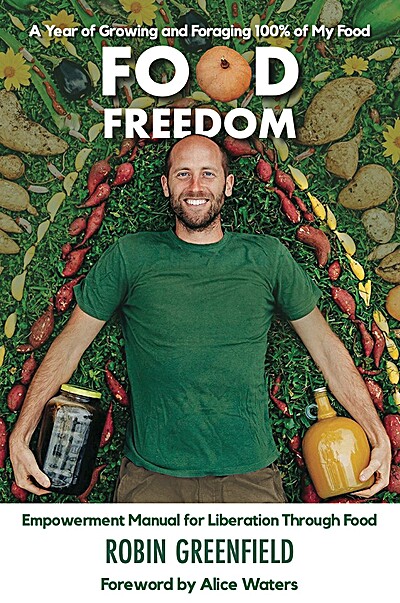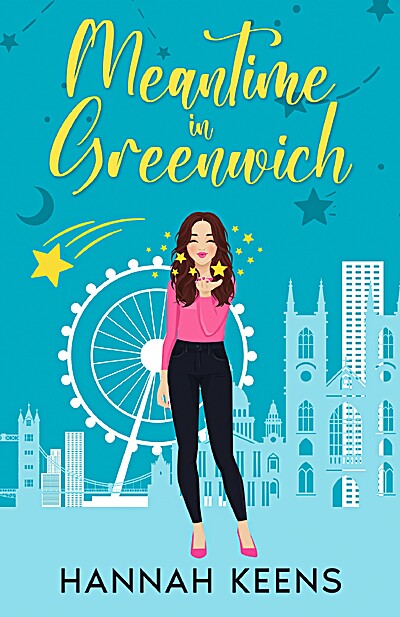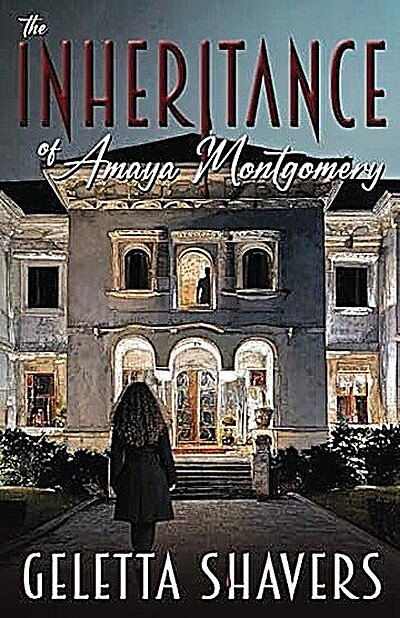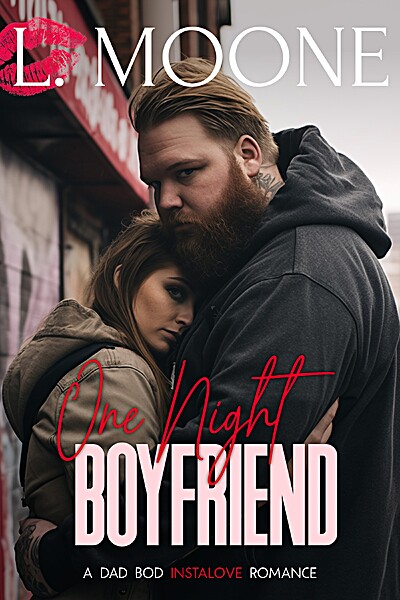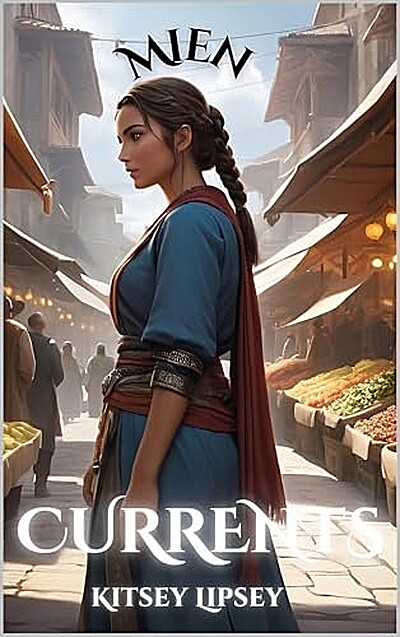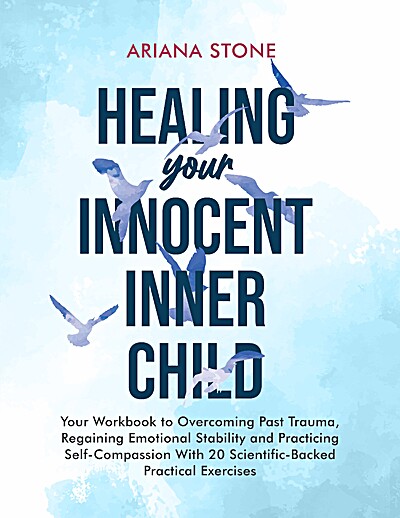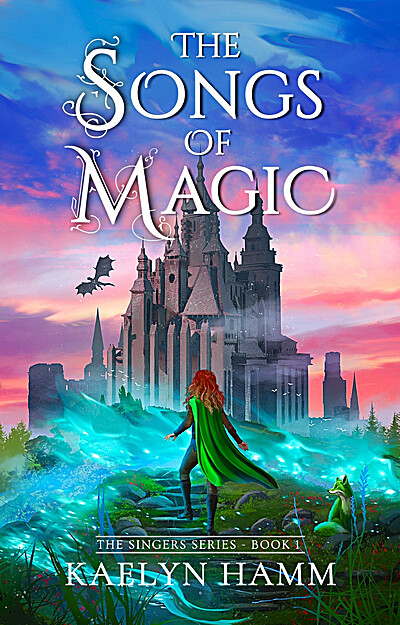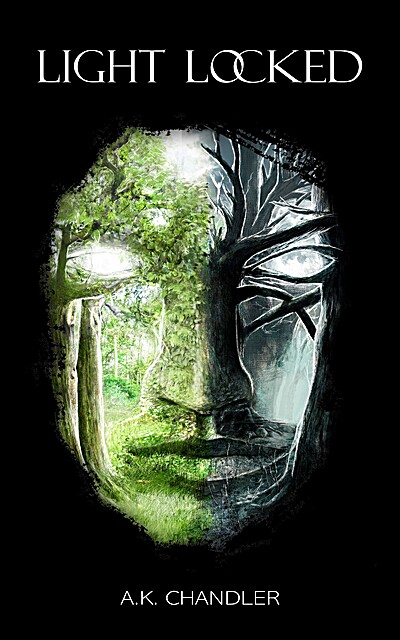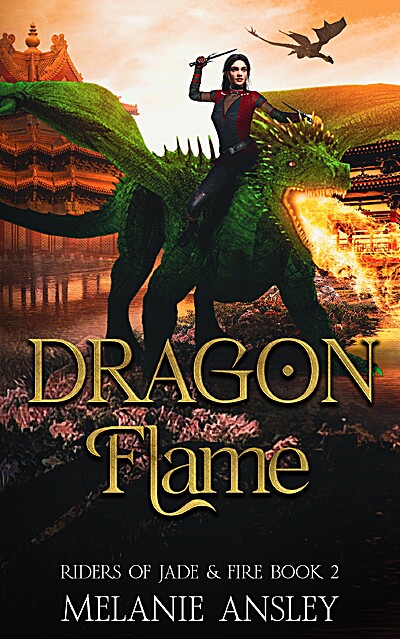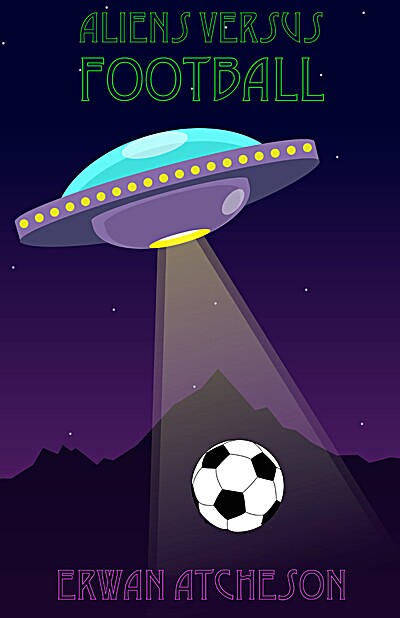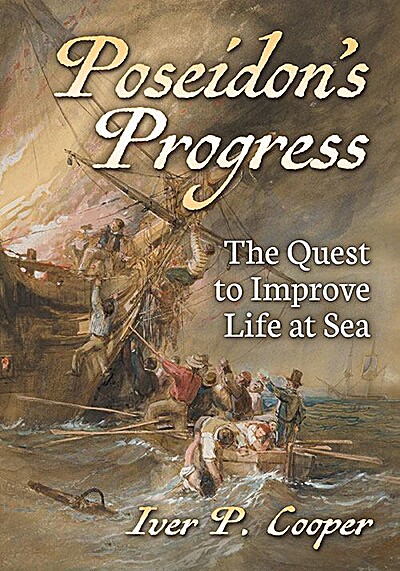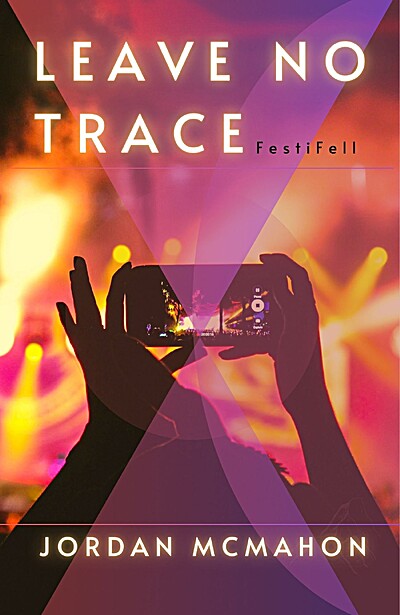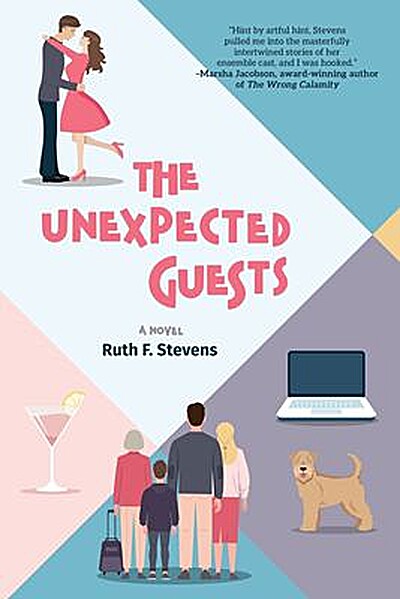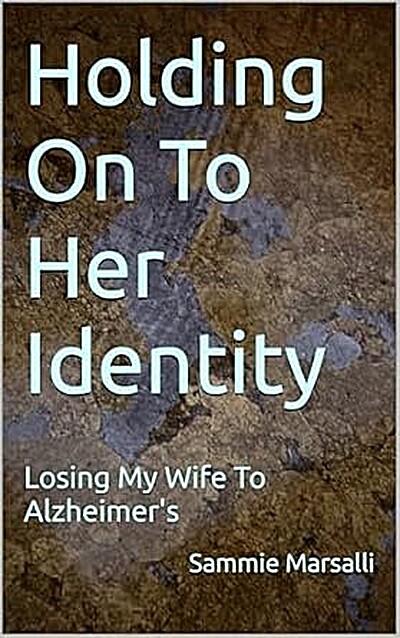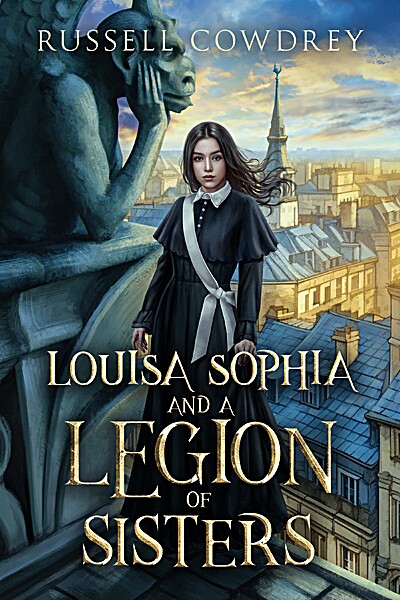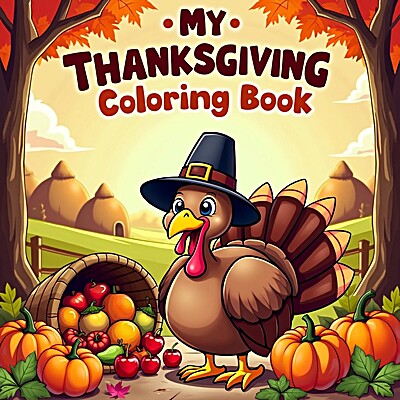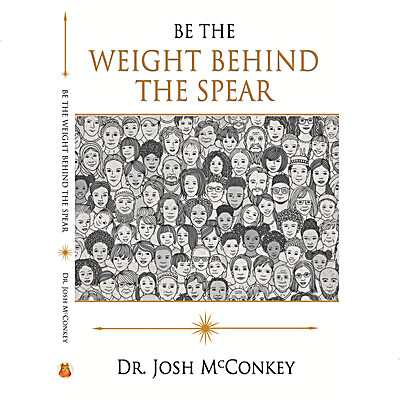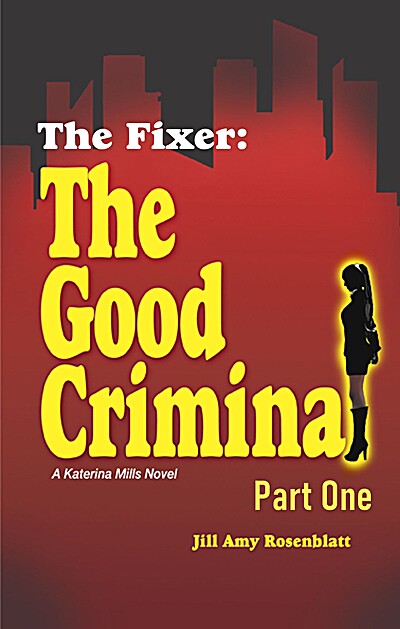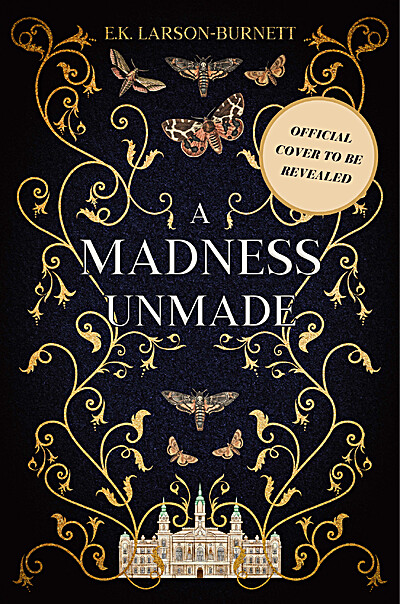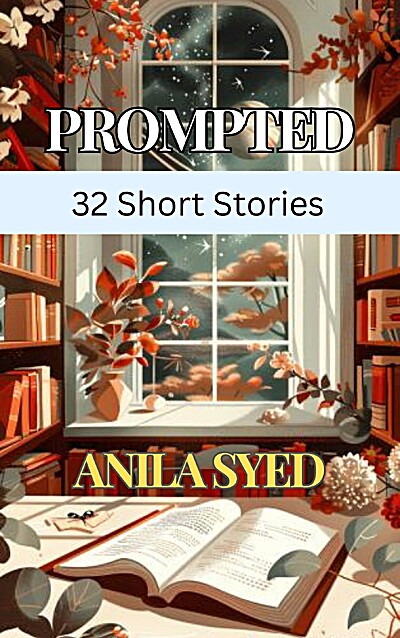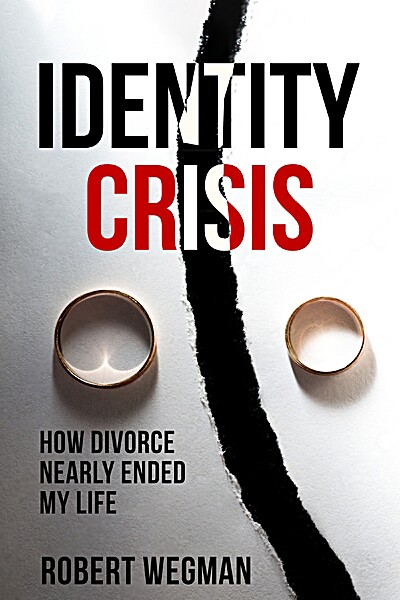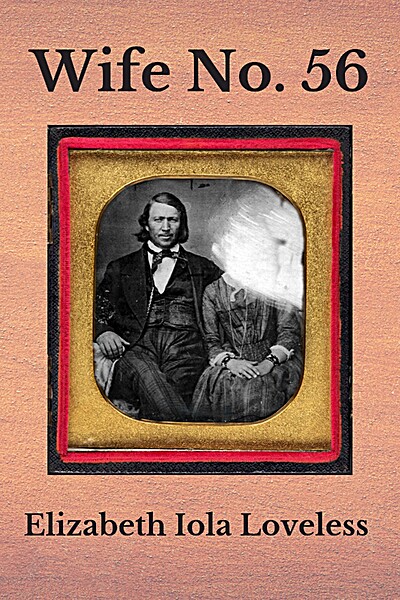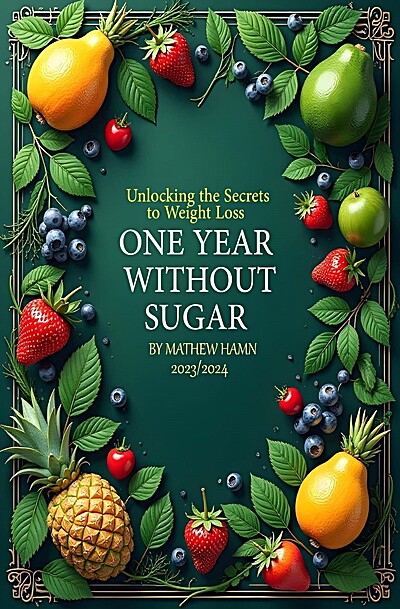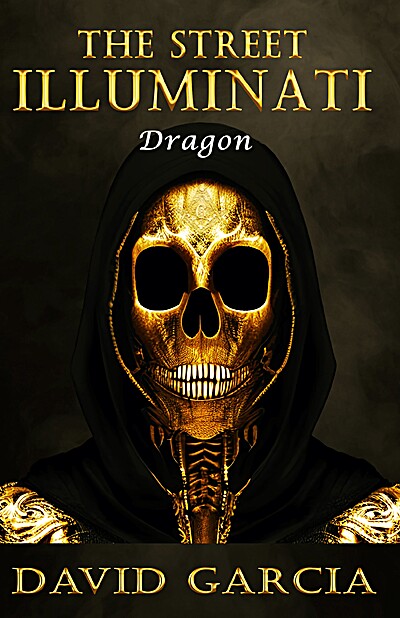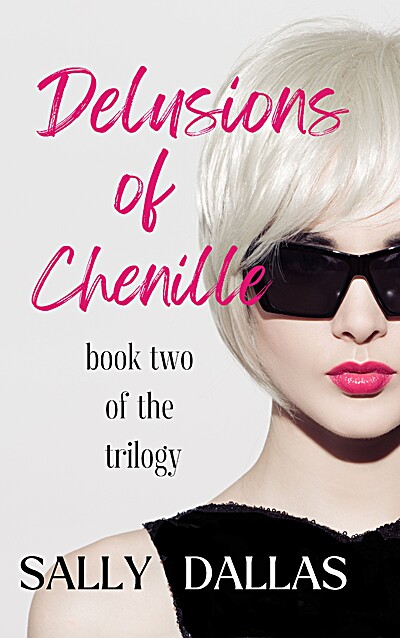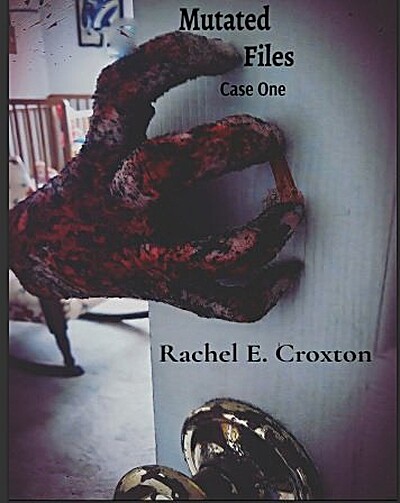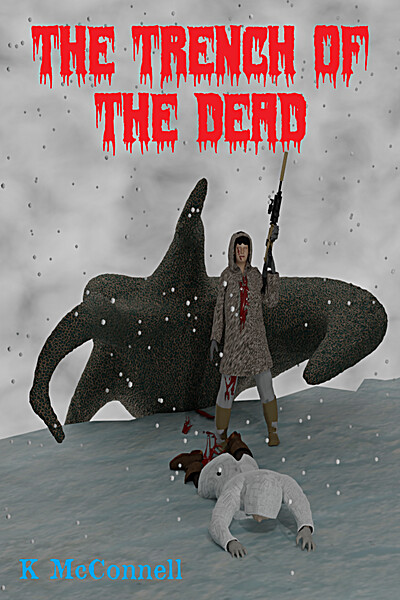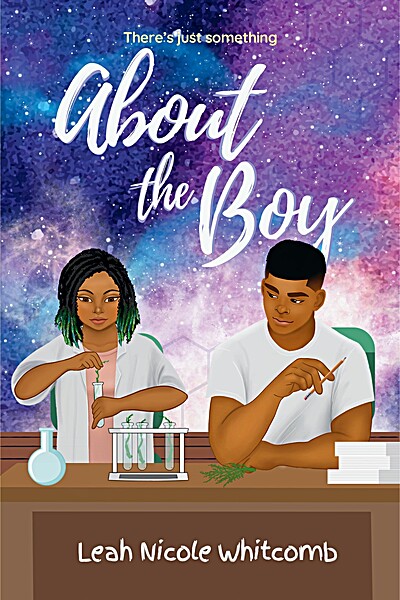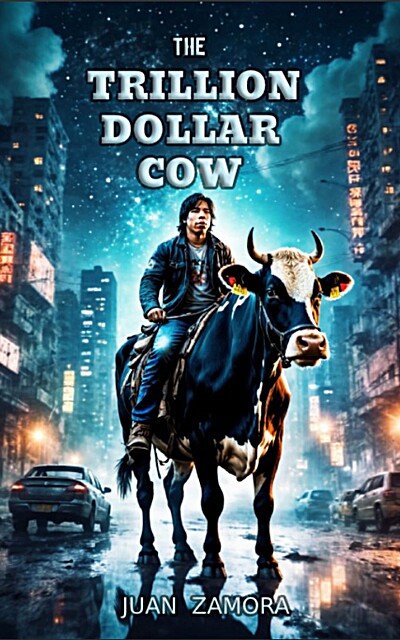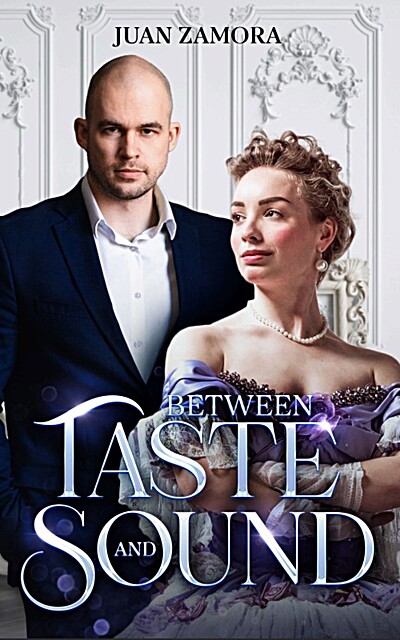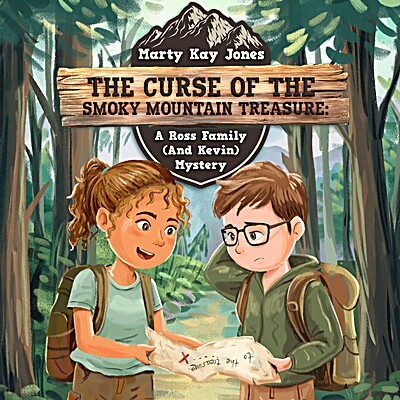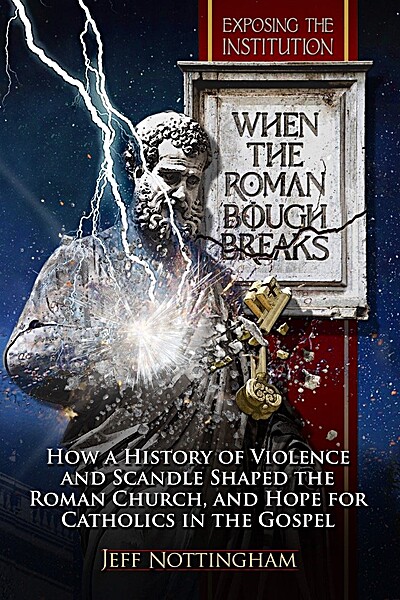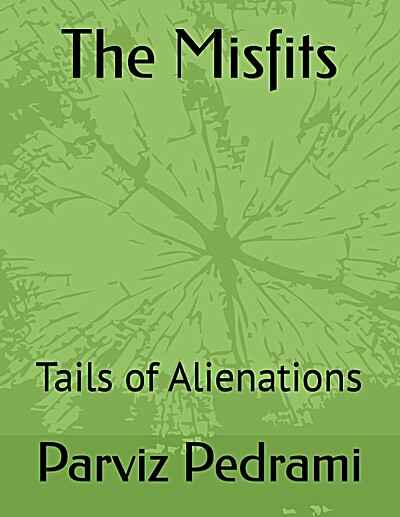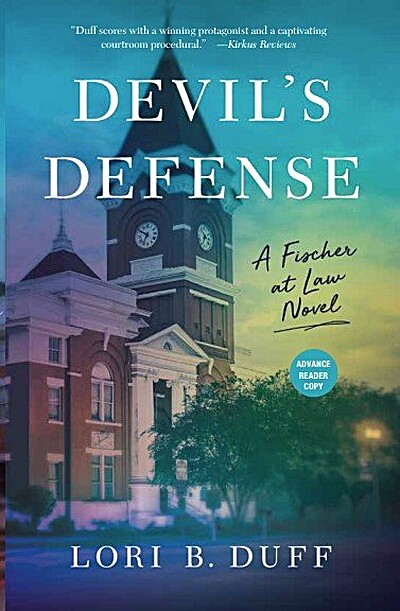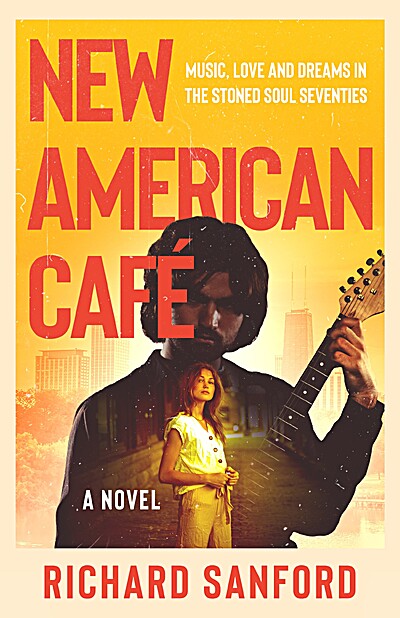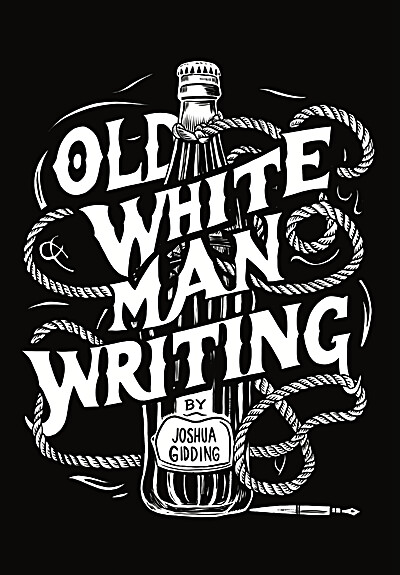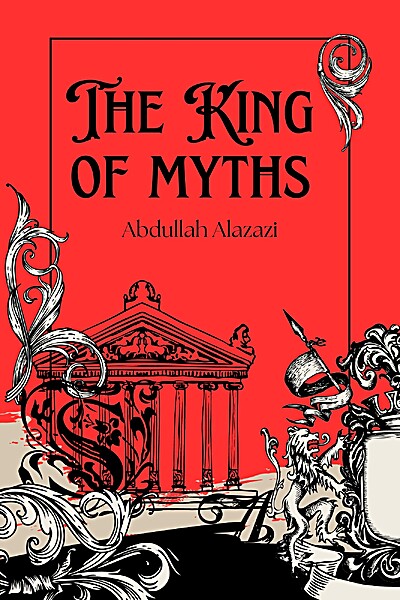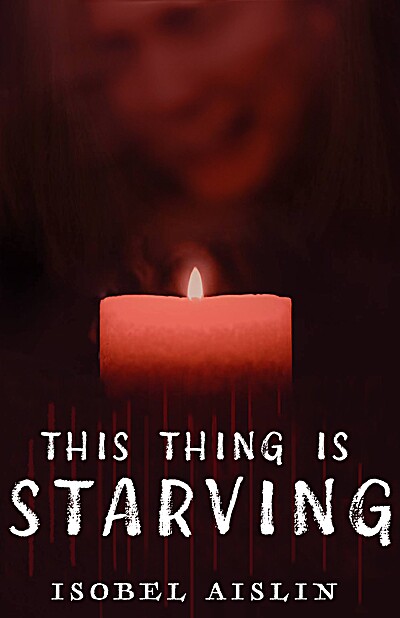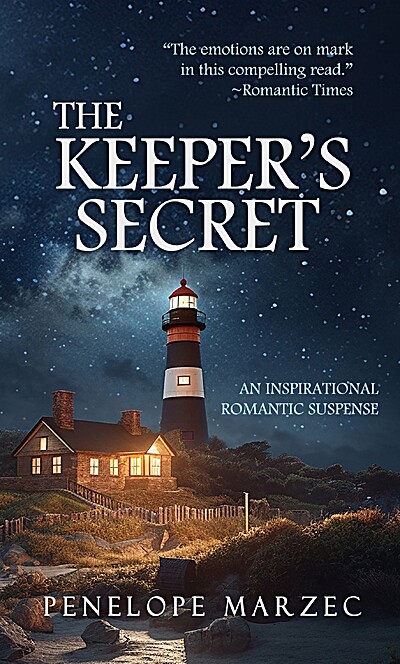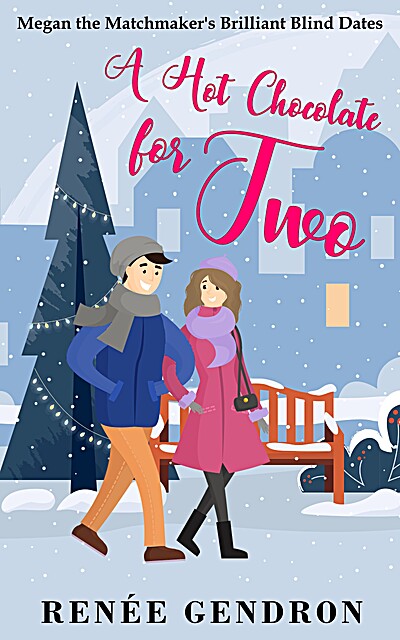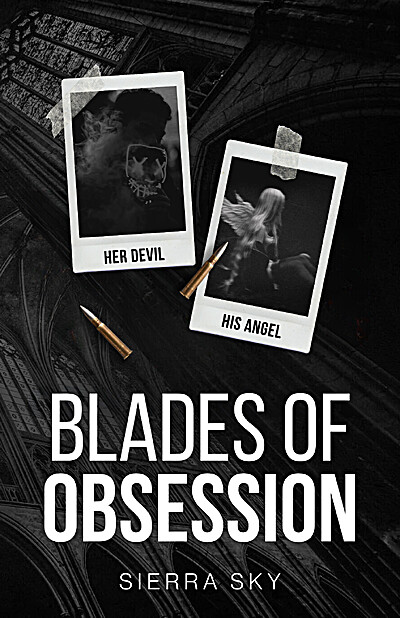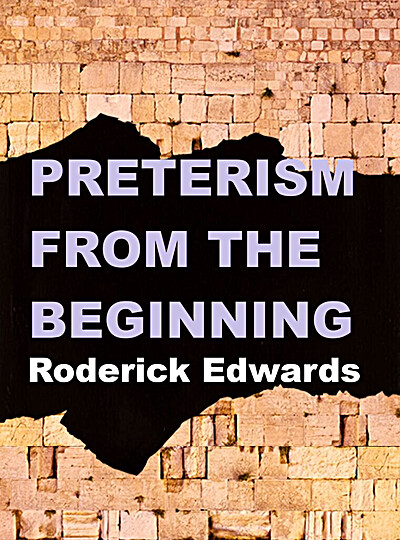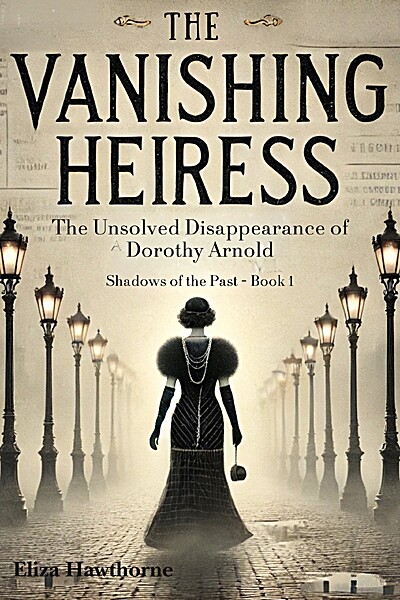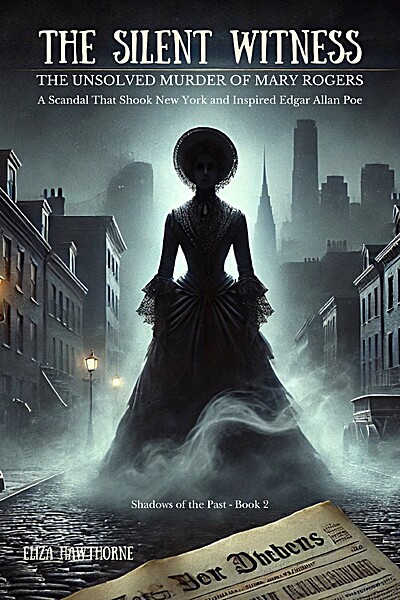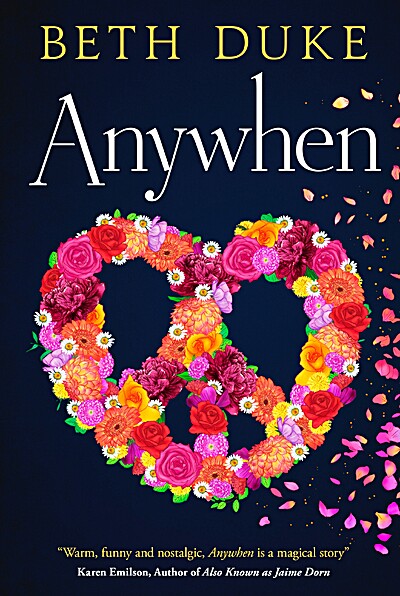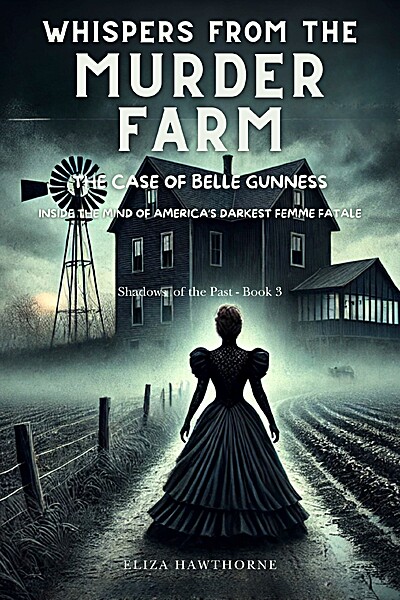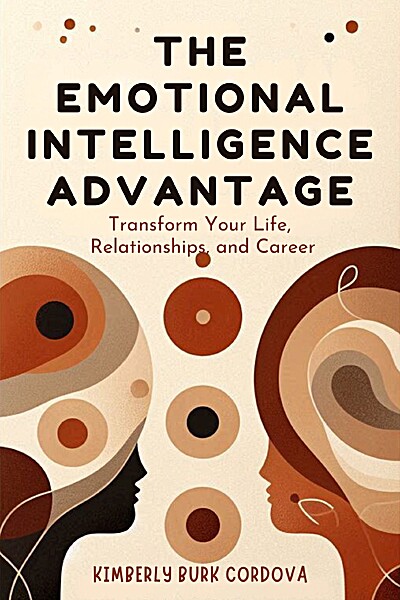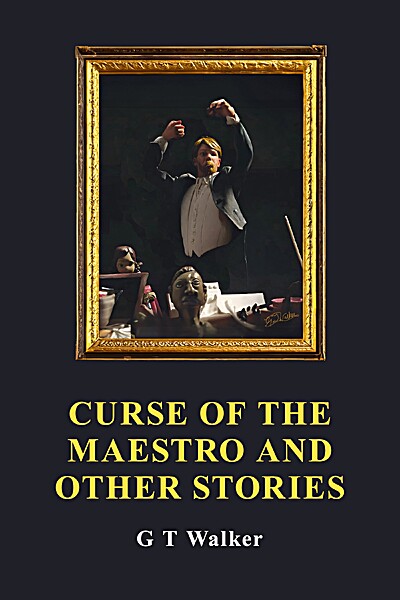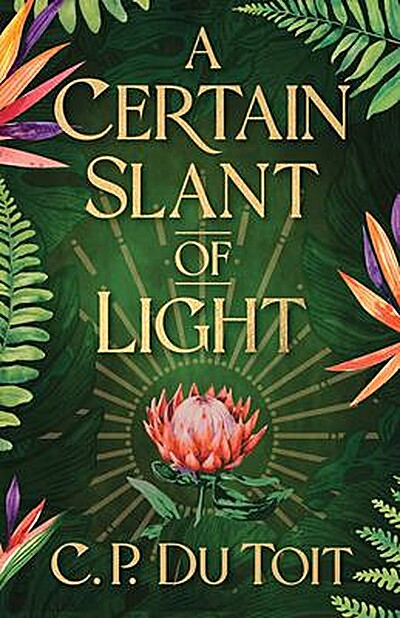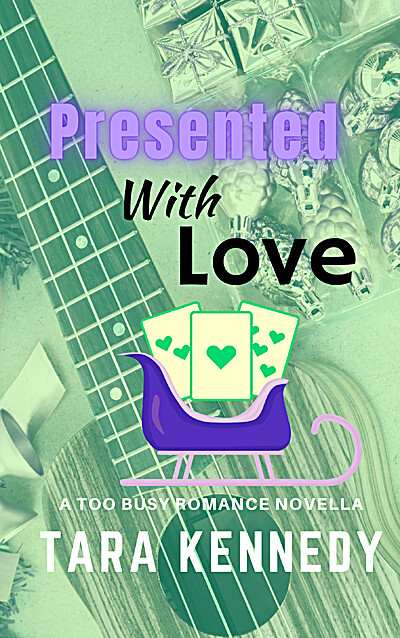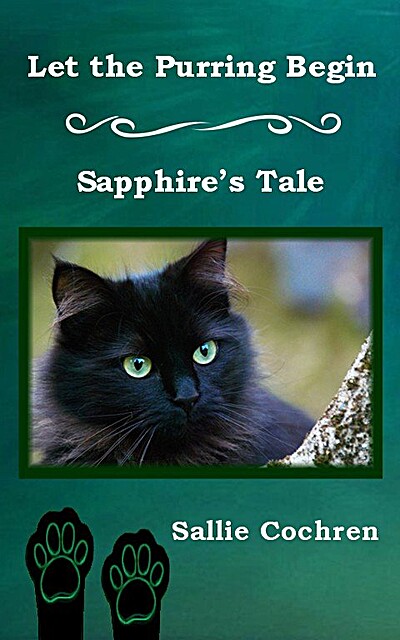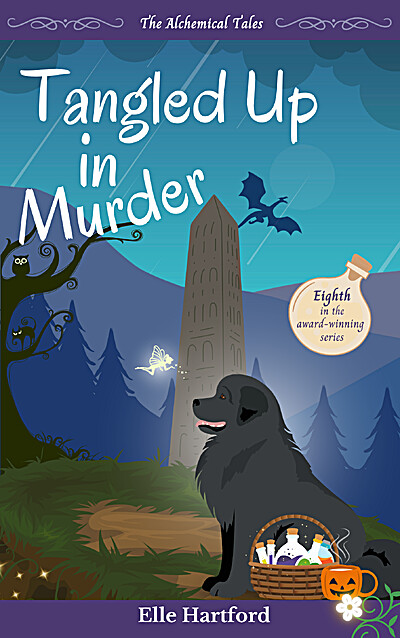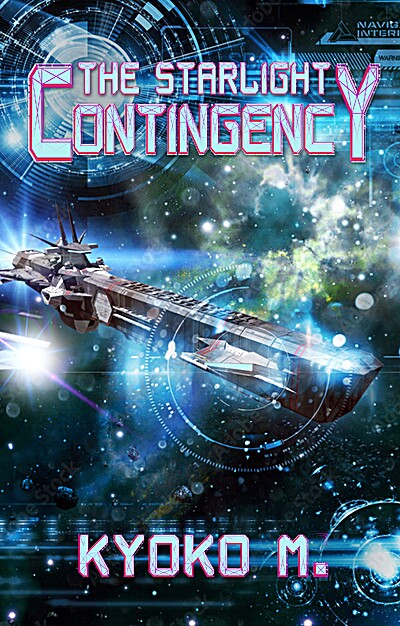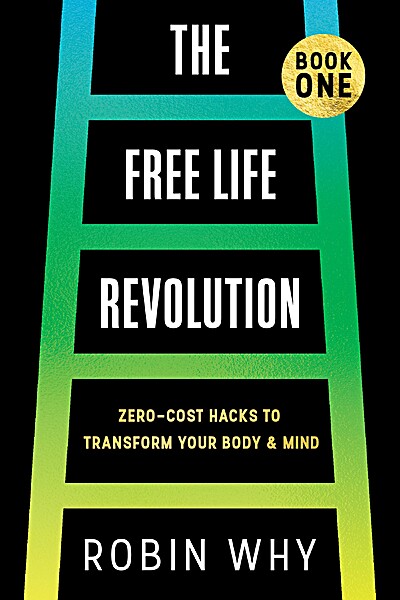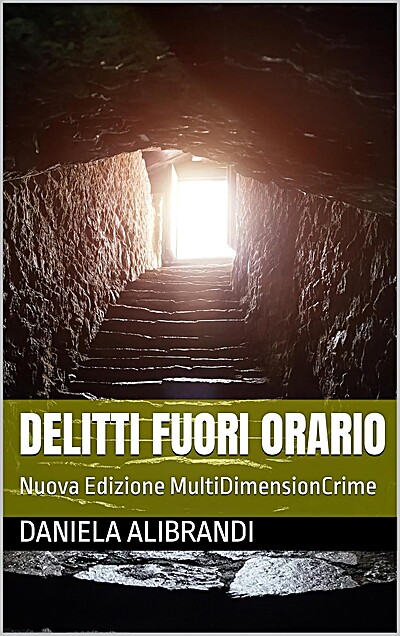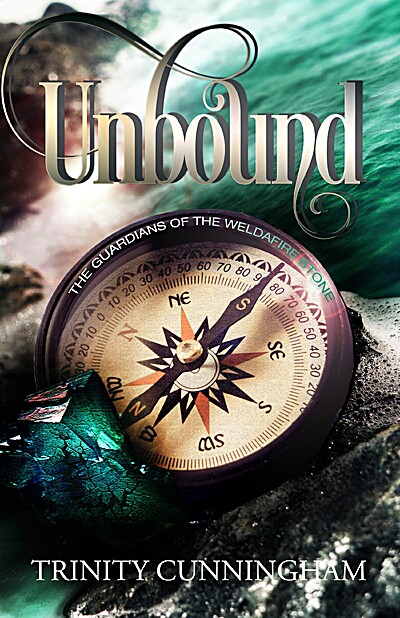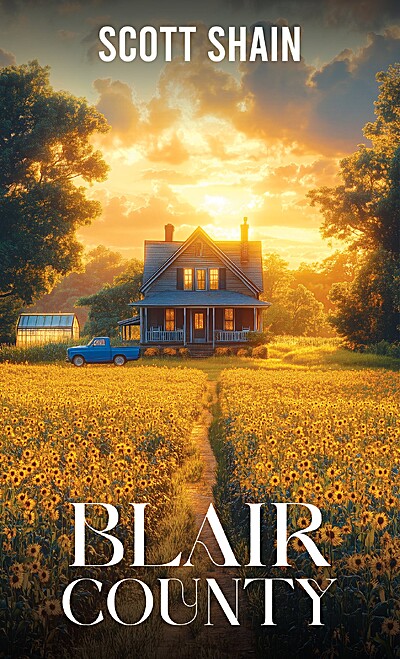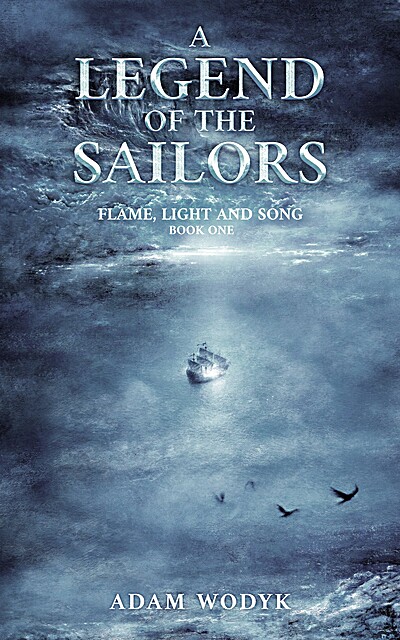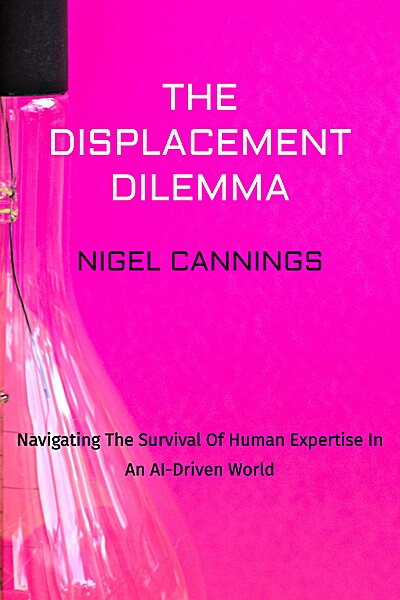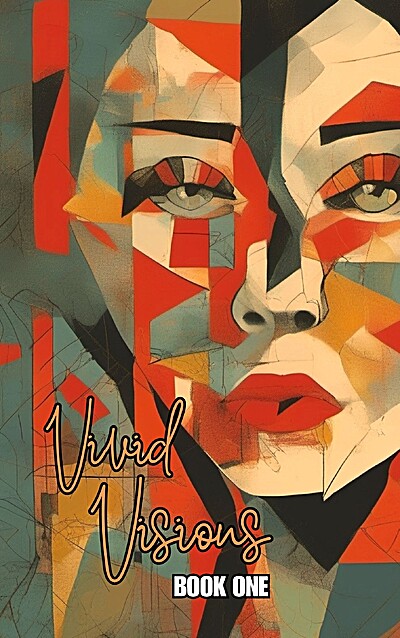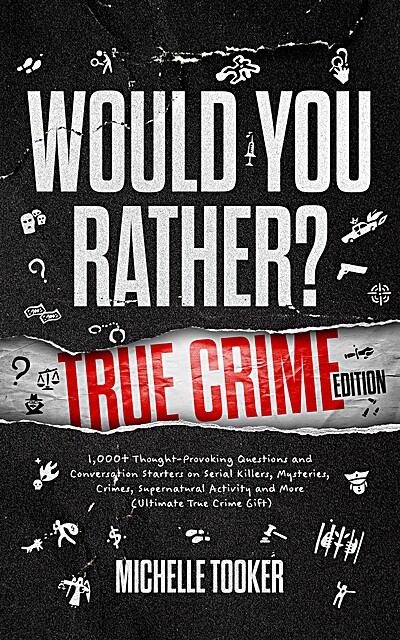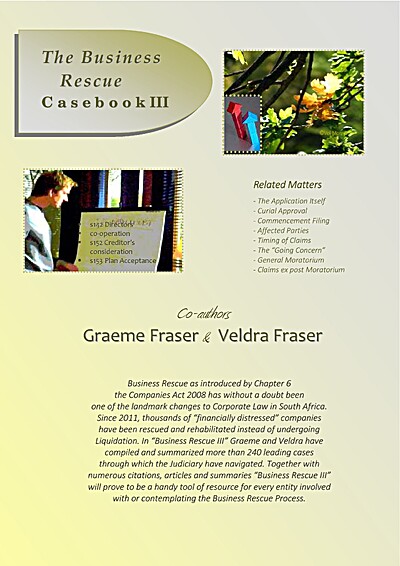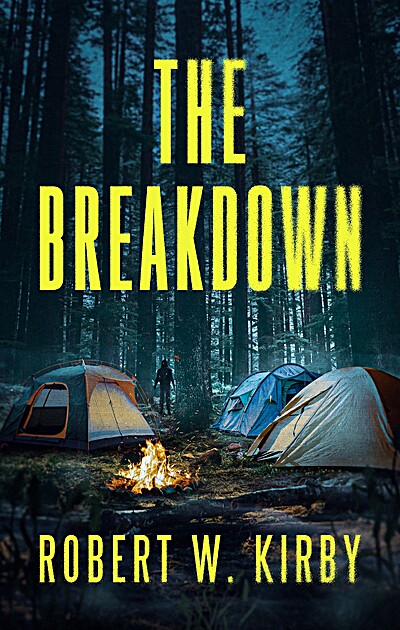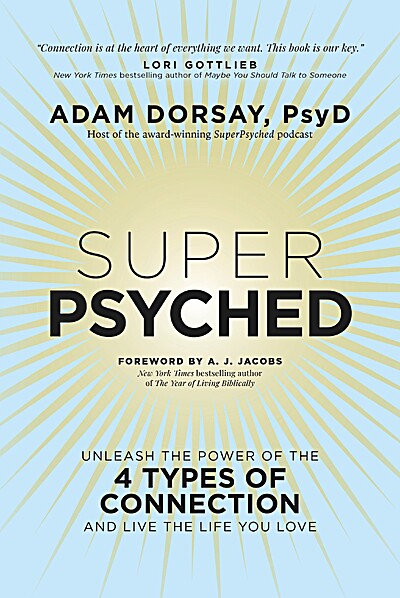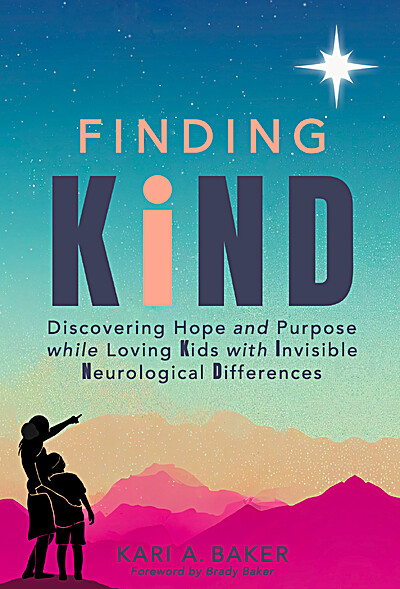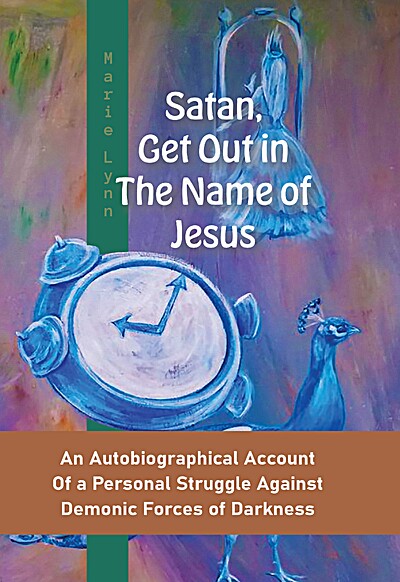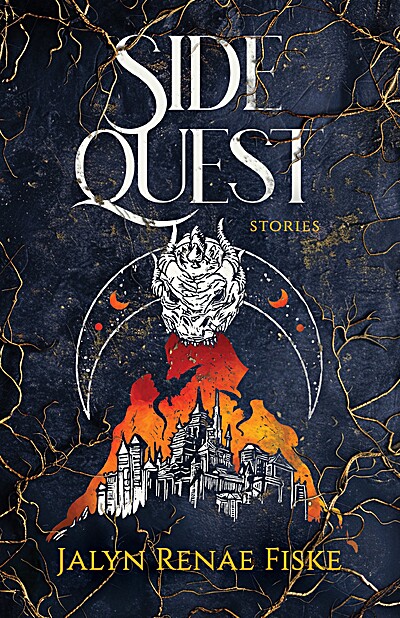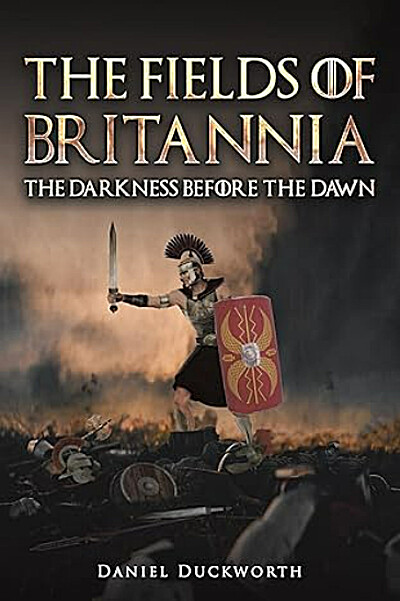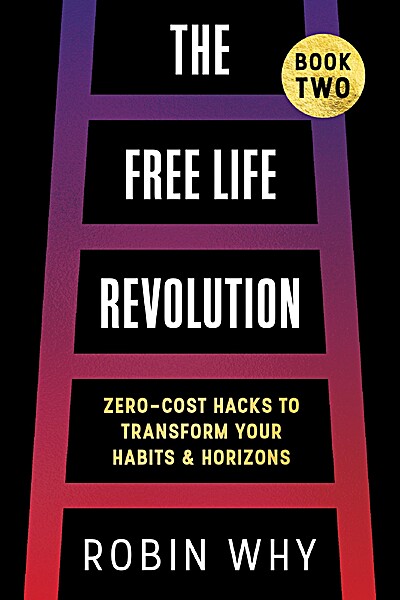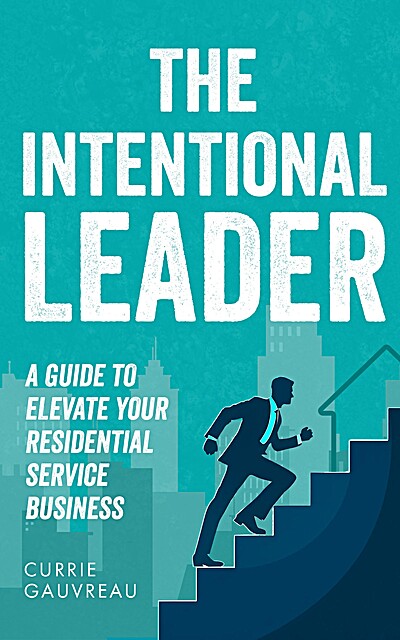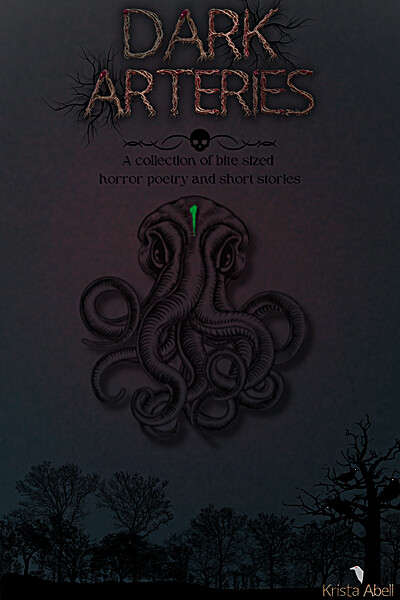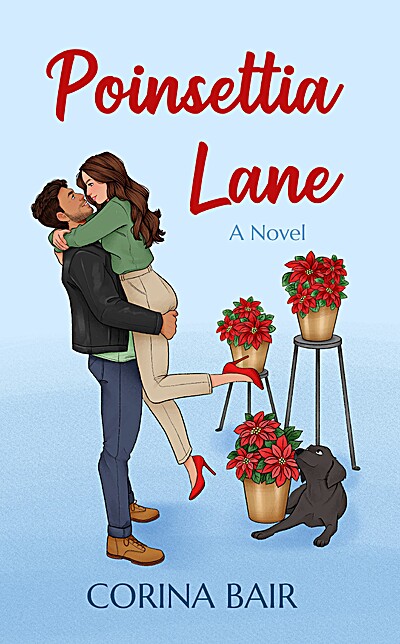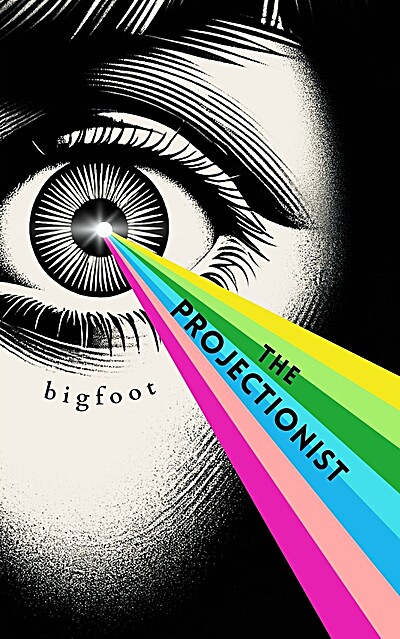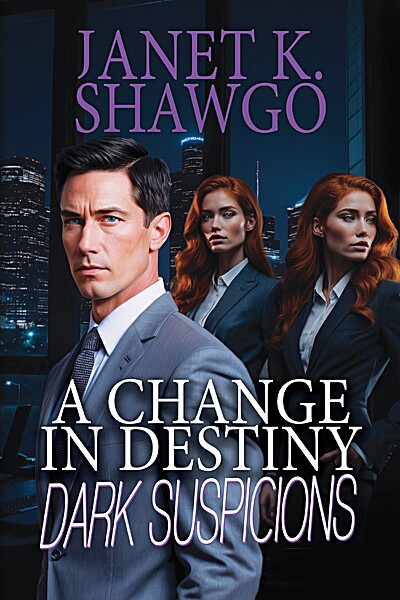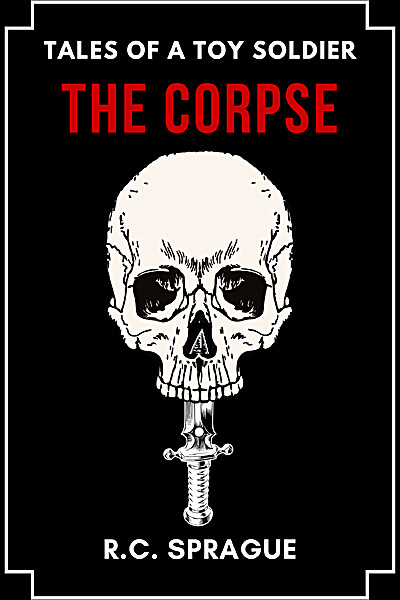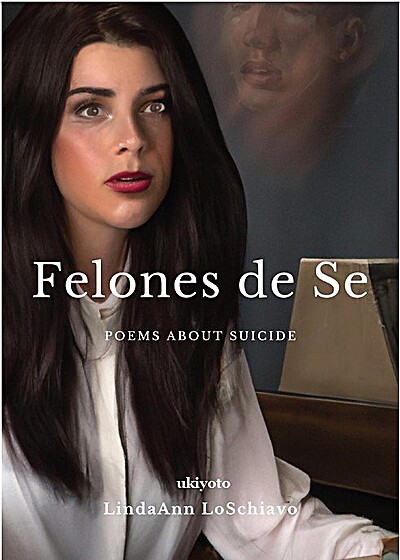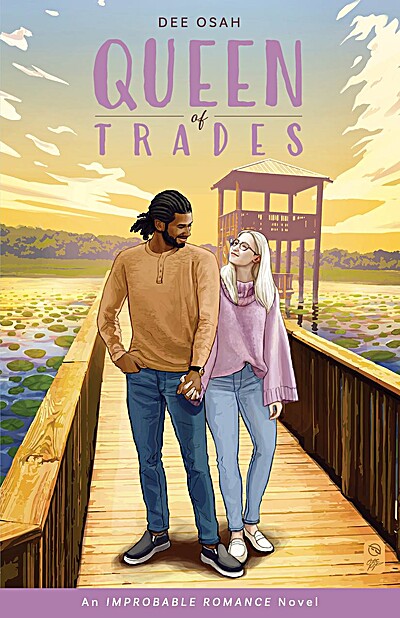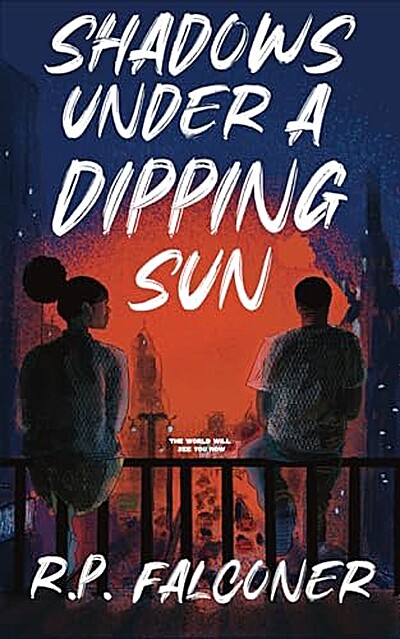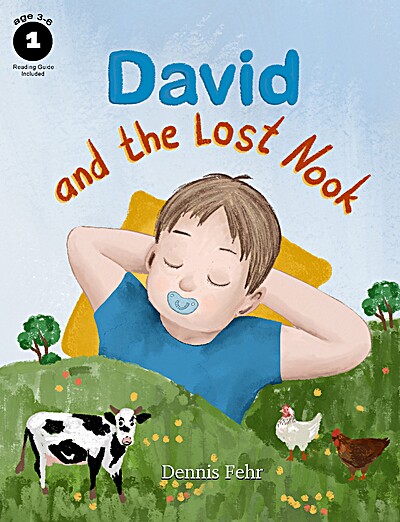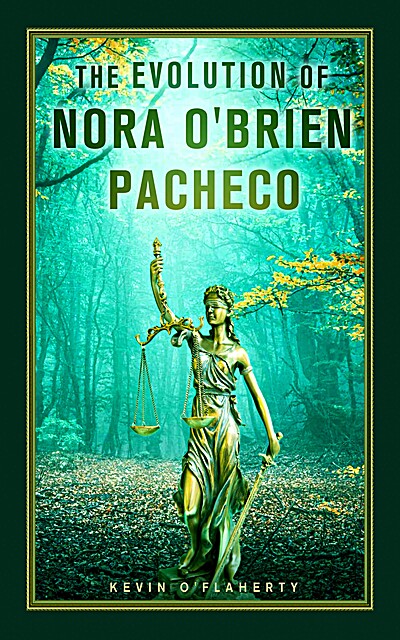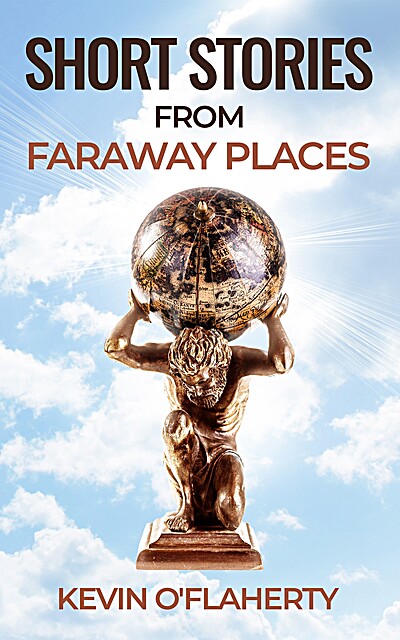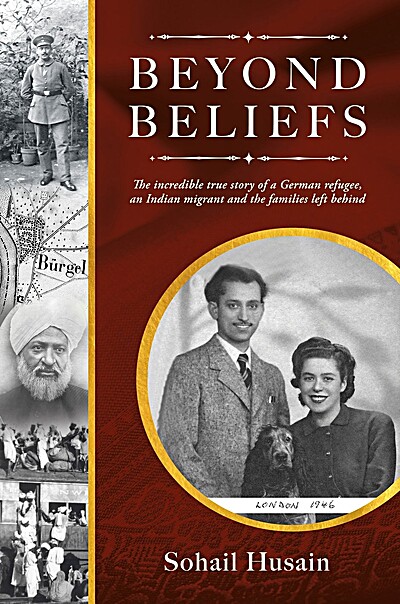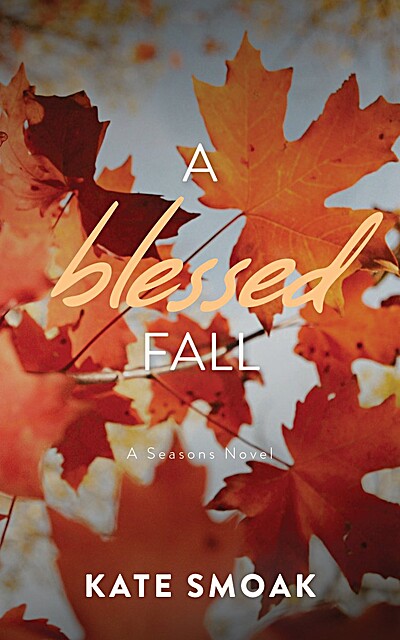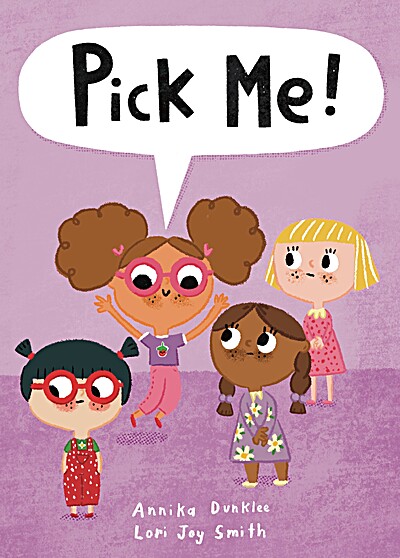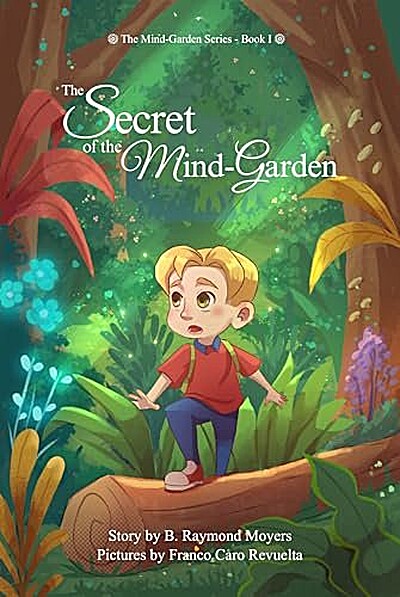The LibraryThing Blog (original) (raw)
Author Interview: Andrea Jo DeWerd

LibraryThing is pleased to sit down this month with author Andrea Jo DeWerd, who, in addition to her career in publishing and as an independent book marketer, recently saw her debut novel, What We Sacrifice for Magic, released by Alcove Press. DeWerd worked for more than a decade in the marketing and publicity departments of a number of Big 5 publishers, including Crown, Random House, Simon & Schuster, and most recently, the Harvest imprint of HarperCollins. In 2022 she launched her own marketing and publishing consulting agency, the future of agency LLC. Her authorial debut, published in late September, is a fantastical coming-of-age story following three generations of Minnesota witches during the 1960s. DeWerd sat down with Abigail to answer some questions about this new book.
How did the idea for What We Sacrifice for Magic first come to you, and how did the story develop? Did your heroine Elisabeth come first? Was it always a multi-generational family story in your mind, always a witchy tale?
I was trying to write a very different book about the American Dream, and my own family’s experience with it. My grandfather’s family were Dutch immigrants in Minnesota. My great-grandfather and his cousin operated several feed mills and fish hatcheries. The next generation, my grandfather and his brothers, all became doctors. I was fascinated by this story, and by what happens after the American Dream is achieved—what happens to the next generation? But it was too close to home for me to write in the years after my grandfather passed away.
What We Sacrifice for Magic grew out of the question: what were the women doing while the men were building their empire? I started to imagine a world in which the men ostensibly held the power, but beneath the surface, it was really the women pulling the strings; a world in which the women could be running a full-on witchcraft operation out of the side door of the kitchen while the men were off fighting their wars and building their supposed influence.
Elisabeth’s voice came to me first. I started to hear her voice, and the first thing I knew about her was that she was ruled by water. From there, I explored how she would’ve come to be that way, who would’ve taught her about her power, and Magda, her grandmother, her teacher, emerged pretty quickly.
Your book addresses themes of familial history, obligation and conflict, and the individual’s struggle to both belong to and be independent of the family circle. How does the witchy element in your story add to or complicate those themes? How different would your story be if the Watry-Ridder women weren’t witches?
In many books with magic, the magic acts as the deus ex machina that lifts the characters out of their unfortunate situations. Magic breaks oppressive forces in many ways. For Elisabeth, magic is what is holding her back, her burden. Aside from that magical burden, Elisabeth would still need her coming-of-age journey. I believe that even without magic, Elisabeth would’ve always felt separate from her family. She needed to learn who she is on her own, away from the reputation of her family and the name she was born to.
Without magic, this story becomes a much more familiar one. Anyone who has ever dealt with the pressures of a family business knows what it feels like to be torn between wanting to forge your own path and getting pulled back into the family responsibility. Adult children who take care of their aging parents know that tug-of-war as well. I think we all feel family pressure in some way or another in our lives, and beneath the magic, that is what I wanted to explore in this book.
What We Sacrifice for Magic is set in your own home state of Minnesota, and opens in 1968. What significance do the setting and time period have to your story?
The setting came to me first. Elisabeth, ruled by water, was always going to be from a small lakeside town in Minnesota. The town of Friedrich was inspired by my own beloved Spicer, Minnesota, where my family has had a cabin on Green Lake since 1938. The lake felt so integral to this story and this community that the Watry-Ridder family serves.
Moreso, this family had to come from a place that was rural enough for them to fly under the radar, a pastoral community that just accepted their local eccentrics, and even came to depend on them. I was also fascinated by the sort of gossip that happens in a small town. In a closeknit community, it’s impossible to walk down the street without everybody knowing everything about you, who you’re dating, etc. I wanted to see Elisabeth and her younger sister, Mary, engage with that gossip, and it certainly shapes them as they’re growing up in Friedrich with the sometimes unwanted attention.
More broadly, 1968 was a time when many young women were starting to have more choices in their education and the opportunity for careers outside of the home, in many parts due to contraception. Those choices were not available to Elisabeth—she is stuck in this small town, tied to her community, as she watches her high school classmates going off to their next chapters.
What influence has your career in publishing and book marketing had on your storytelling? Have you been inspired by any of the authors whose books you have promoted?
I started writing this book when I was working full-time as a book marketer at Random House. I had been a creative writing minor in college, but I wasn’t really writing in my first 8 years in New York while I was in grad school and volunteering and focused on other things. I was inspired to start writing again in earnest when I would be in meetings with these amazing authors like Catherine Banner and Emma Cline, who were both a few years younger than me. I thought if they found time to do it, why couldn’t I? On the flip side, I was working with Helen Simonson at the time, who said that she didn’t really get to start writing until her kids were grown and out of the house, and I thought, “I’m single, I don’t have kids, what am I waiting for?”
I was also greatly inspired by Laura Lynne Jackson’s books The Light Between Us and Signs. Her first-person account of how close we are to the spirits on the other side very much influenced my own personal spiritual beliefs, some of which are woven into Elisabeth’s outlook and her experiences with her guide from the other side, Great-Grandma Dorothy, and the energy healing work that the family does.
Tell us about your writing process. Do you have a particular place you prefer to write, a specific way of mapping out your story? Did you know from the beginning what the conclusion would be?
I wrote at least 50% of this book long-hand in a journal. I write in the morning in bed before the rest of the world comes crashing in, i.e. before I look at my phone or email. My phone stays in the kitchen until after I’m done writing for the day. Once I got further into the story, though, I switched to drafting on my laptop when I was really building momentum.
I don’t believe you have to write every day. I have a day job! I write maybe a few days a week, and this book came together 100 words at a time. I would write a single paragraph in the morning before hopping in the shower and heading into Random House. My writing group talks often about setting realistic goals because the minute you set a lofty goal and miss that first day of “write every day,” it makes it that much harder to get back on track.
I barely outlined this book. This was very much a discovery writing project, but when I got into revision, I reverse-outlined what had happened so far in the book so that I could confidently write my way through to the end. I didn’t know the exact ending of the book until I was about ⅓ of the way through. I remember emailing my writing group one day to say, “I think I just wrote the last line of my book.”
For revision, the book Dreyer’s English by friend and former Random House colleague Benjamin Dreyer was essential to me. It was very helpful to read books like his as I was enmeshed in the revision process.
What can we look forward to next from you? Do you have other writing projects in the offing?
I am working on something completely different next! I am finishing a first draft this fall of my second novel, a contemporary Christmas rom-com set in southern Minnesota. There’s Christmas cookies, a local hottie, and a girl home from the big city. I’m approaching this book a little differently—starting with an outline!
Tell us about your library. What’s on your own shelves?
I am very much a mood reader and I read just about every genre out there. I love sci fi and fantasy or romance for a quick vacation read. I try to keep up with the new, big literary novels. I have my section of craft books, like Big Magic and Bird by Bird. I have sections of series that I’m hoping to finish one day, like Outlander. I’m always reading our clients’ books for work. I have a celebrity chef’s memoir and a performance and productivity expert to read next for work. But truthfully, my shelves are full of books I haven’t read that have come with me from job to job. I have classics, I have the hot releases dating back to 2010, I have signed copies of books I’ve worked on, like Educated and Born a Crime. I also have an amazing cookbook collection from my time working in lifestyle books, lots of Mark Bittman and Jacques Pépin and Dominique Ansel.
What have you been reading lately, and what would you recommend to other readers?
I just finished the new Louise Erdrich novel, The Mighty Red. She’s my favorite author and as a contemporary Minnesotan author, she has had a huge impact on me as a reader and a writer. I think Erdrich most accurately captures contemporary women—and the myriad ways the world disappoints us—like no one else I’ve ever read. I make a point to buy the new books by Louise Erdrich and William Kent Krueger, another Minnesotan author, in hardcover from indie bookstores when I’m back in MN. If you haven’t read Louise Erdrich before, one of my favorite books is The Round House. I recommend that book to everyone.
Labels: author interview, interview
SantaThing 2024: Bookish Secret Santa!
It’s the most wonderful time of the year: the Eighteenth Annual SantaThing is here at last!
This year we’re continuing to focus on indie bookstores. You can still order Kindle ebooks, we have Kenny’s and Blackwell’s for international orders, and also stores local to Australia, New Zealand, and Ireland.
» SIGN UP FOR SANTATHING NOW!
What is SantaThing?
SantaThing is “Secret Santa” for LibraryThing members.
How it Works
You pay 15–15–15–50 and pick your favorite bookseller. We match you with a participant, and you play Santa by selecting books for them. Another Santa does the same for you, in secret. LibraryThing does the ordering, and you get the joy of giving AND receiving books!
Sign up once or thrice, for yourself or someone else.
Even if you don’t want to be a Santa, you can help by suggesting books for others. Click on an existing SantaThing profile to leave a suggestion.
Every year, LibraryThing members give generously to each other through SantaThing. If you’d like to donate an entry, or want to participate, but it’s just not in the budget this year, be sure to check out our Donations Thread here, run once again by our fantastic volunteer coordinator, mellymel1713278.
Important Dates
Sign-ups close MONDAY, November 25th at 12pm EST. By the next day, we’ll notify you via profile comment who your Santee is, and you can start picking books.
You’ll then have a little more than a week to pick your books, until THURSDAY, December 5th at 12pm EST (16:00 GMT). As soon as the picking ends, the ordering begins, and we’ll get all the books out to you as soon as we can.
» Go sign up to become a Secret Santa now!
Supporting Indie Bookstores
To support indie bookstores we’re teaming up with independent bookstores from around the country to deliver your SantaThing picks, including BookPeople in Austin, TX, Longfellow Books in Portland, ME, and Powell’s Books in Portland, OR.
And to continue previous years’ success, we’re bringing back the following foreign retail partners: Readings for our Australian participants, Time Out Books for the Kiwi participants, and Kennys for our Irish friends.
And since Book Depository has closed, this year we’re offering international deliveries through Kennys and Blackwell’s.
Kindle options are available to all members, regardless of location. To receive Kindle ebooks, your Kindle must be registered on Amazon.com (not .co.uk, .ca, etc.). See more information about all the stores.
Shipping
Some of our booksellers are able to offer free shipping, and some are not. Depending on your bookseller of choice, you may receive $6 less in books, to cover shipping costs. You can find details about shipping costs and holiday ordering deadlines for each of our booksellers here on the SantaThing Help page.
» Go sign up now!
Questions? Comments?
This is our EIGHTEENTH year of SantaThing. See the SantaThing Help page further details and FAQ.
Feel free to ask your questions over on this Talk topic, or you can contact Kate directly at kate@librarything.com.
Happy SantaThinging!
Labels: santathing, secret santa
November 2024 Early Reviewers Batch Is Live!
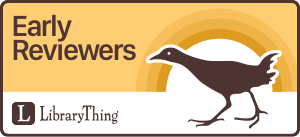 Win free books from the November 2024 batch of Early Reviewer titles! We’ve got 209 books this month, and a grand total of 4,102 copies to give out. Which books are you hoping to snag this month? Come tell us on Talk.
Win free books from the November 2024 batch of Early Reviewer titles! We’ve got 209 books this month, and a grand total of 4,102 copies to give out. Which books are you hoping to snag this month? Come tell us on Talk.
If you haven’t already, sign up for Early Reviewers. If you’ve already signed up, please check your mailing/email address and make sure they’re correct.
The deadline to request a copy is Monday, November 25th at 6PM EST.
Eligibility: Publishers do things country-by-country. This month we have publishers who can send books to the US, the UK, Canada, Australia, Ireland, Netherlands, New Zealand, Germany, Italy, Spain and more. Make sure to check the message on each book to see if it can be sent to your country.
Thanks to all the publishers participating this month!
| Alcove Press | Arctis Books USA | Baker Books |
|---|---|---|
| Before Someday Publishing | Bethany House | Broadleaf Books |
| CarTech Books | Census Press | City Owl Press |
| Crooked Lane Books | Entrada Publishing | eSpec Books |
| Gefen Publishing House | IngramSpark | Islandport Press |
| Lerner Publishing Group | The New Press | Prosper Press |
| PublishNation | Purple Diamond Press, Inc | Purple Moon Publishing |
| Revell | Riverfolk Books | Rootstock Publishing |
| Running Wild Press, LLC | Simon & Schuster | Somewhat Grumpy Press |
| Stone Bridge Press | Tundra Books | Twisted Road Publications |
| Unsolicited Press | Vibrant Publishers | Wise Media Group |
| Yorkshire Publishing |
Labels: early reviewers, LTER
Come Join the 2024 Halloween Hunt!
It’s October, and that means the return of our annual Halloween Hunt!
We’ve scattered a hauntourage of ghosts around the site, and it’s up to you to try and find them all.
- Decipher the clues and visit the corresponding LibraryThing pages to find a ghost. Each clue points to a specific page on LibraryThing. Remember, they are not necessarily work pages!
- If there’s a ghost on a page, you’ll see a banner at the top of the page.
- You have just two weeks to find all the ghosts (until 11:59pm EDT, Thursday October 31st).
- Come brag about your hauntourage of ghosts (and get hints) on Talk.
Win prizes:
- Any member who finds at least two ghosts will be
awarded a ghost Badge ( ).
). - Members who find all 12 ghosts will be entered into a drawing for one of five LibraryThing (or TinyCat) prizes. We’ll announce winners at the end of the hunt.
P.S. Thanks to conceptDawg for the ghostly flamingo illustration!
Labels: halloween, treasure hunt
LibraryThing in Your Language—Even British!
We’ve made some exciting changes and improvements to LibraryThing’s member-drive translations, first developed in 2006.
Try it out: Spanish, German, Dutch, French, Italian or British English! (Change back by clicking the name of the language you’re in at the top right of the screen.)
CataloGUE to your heart’s content!
It’s Working!
This blog post explains the changes, and why we made them. But the best justification is already evident: Members are finding and using LibraryThing in their language more than ever! Some 5% of members are already using our new “English (UK)” option. Another 5% are using LibraryThing in a (non-English) language.
Best of all, new, non-English members are up 50%, and I suspect we are also reeling in some new English members too! (It’s hard to tell, because TriviaThing is also reeling in new members.)
Goodbye All Those Domains
The core change is a big one: We’re phasing out our non-English domains, like LibraryThing.fr, LibraryThing.de and tr.LibraryThing.com, in favor of members chosing their preferred language on LibraryThing.com. Nothing is being taken away here—we’re just changing where you go! In fact, we’re adding some features (see below).
We’re getting rid of the non-English domains to improve your experience of the site. First, search engines never fully understood what we were doing, so English-language people were coming to LibraryThing off Google searches, and finding themselves on a site in Danish, or Catalan! (They’d leave.)
More importantly, we’re doing it to reduce our “non-human traffic”—the search-engines and AI bots that make up more than 50% of LibraryThing’s traffic. The AI bots in particular have been particularly wild, with rogue bots hitting us night and day. Unfortunatley, having some 50 separate domains meant 50 targets. Reducing this traffic will help us serve you—the “human” traffic—faster and better.
Feature Changes
Here’s a run down of the changes:
- Language Switcher. Every page now shows your language. Click it to change your language, or to help us translate non-English languages.
- British English. Do the Amrican “catalog” and “color” annoy you? We’ve added a new language, British English, called “English (UK)” in our language menu. Apparently you want it, because already 5% of members are using it!
- Domain Forwarding. If you go to an old domain, like LibraryThing.fr, you’ll be forwarded to LibraryThing.com and asked if you want French or English.
- Home Pages for Every Language. While you can change language on any page, each language also has its own, dedicated home page, like LibraryThing.com/t/fr (French), LibraryThing.com/t/de (German), or LibraryThing.com/t/gb (UK English). You can find them by changing languages before you sign in. You’ll also get them when you sign out. If you want to avoid changing languages again, bookmark your page.
- Language Detection. When you go to a website like LibraryThing, your browser actually tells us your preferred language. Some websites just follow that, but we know a lot of our members straddle languages. So if, when you first come to LibraryThing, we detect a disconnect between what your browser wants and what you’re using, we ask you if you want to switch.
- Better Translation Pages. Our Translations page is better in various small ways. If you are using a non-English language, it has new options to see and edit only machine-translated text.
Member Translated, with Help
Since 2006, translation has been in the hands of members. This hasn’t changed. But we’ve gone ahead and had a translation program have a go at untranslated text. Members can, of course, change these translations, and we’ve given them special tools to do.
The change is minimal for most of LibraryThing’s popular languages:
- Spanish — 99.2% translated, 16.3% by machine
- German — 99.5% translated, 1.5% by machine
- Dutch — 99.3% translated, 2.3% by machine
- French — 99.3% translated, 4.2% by machine
- Italian — 99.6% translated, 0.4% by machine
For less-used languages, the percent is much higher:
- Maori — 92.9% translated, 71.1% by machine
- Korean — 92.5% translated, 88.9% by machine
- Armenian — 92.1% translated, 90.9% by machine
- Tagalog — 91.4% translated, 89.5% by machine
- Welsh — 91.1% translated, 75.3% by machine
While human translation is best, these versions were seas of untranslated, yellow text. It’s a Catch 22—you can’t get new Armenian members if the site isn’t translated, and you can’t get it translated without Armenian members.(1)
Problems and Improvements
We are working on a few improvements:
- Multiple Accounts. Some members appreciated being able to have one member on one language site, and another on another. I think it’s clear we need to get a “Switch account” feature, like Facebook and some other sites have.
- AI is Meh. We are aware that machine translation isn’t ideal. If we have time, we will try to do it again, feeding in appropriate human-translated text, so we can be consistent on terms like “tags.” For now, however, if the translation annoys you—maybe that’s the prod we need to give you?
- Cookies? The way we implemented languages, cookies, has various implications—some good, some bad. You can read more about this here.
- Account-level Language Setting. If you want to set your account language, go to Account Settings. As many members have a dissonance between their account langauge and the language they actually use, you won’t be switched when you log in, but you will be asked if you want to switch.
For more on this change, and a lot of great suggestions read Talk > New Features > Big language changes.
1. There’s actually a wrinkle here in that it’s not about the total number of translated strings, but how often they are used. A site with only 50% of its strings translated could still be quite useful—if they were the RIGHT strings. Unfortunately, many languages had untranslated home pages. Nobody is going to join a site like that!
Labels: languages, translation

